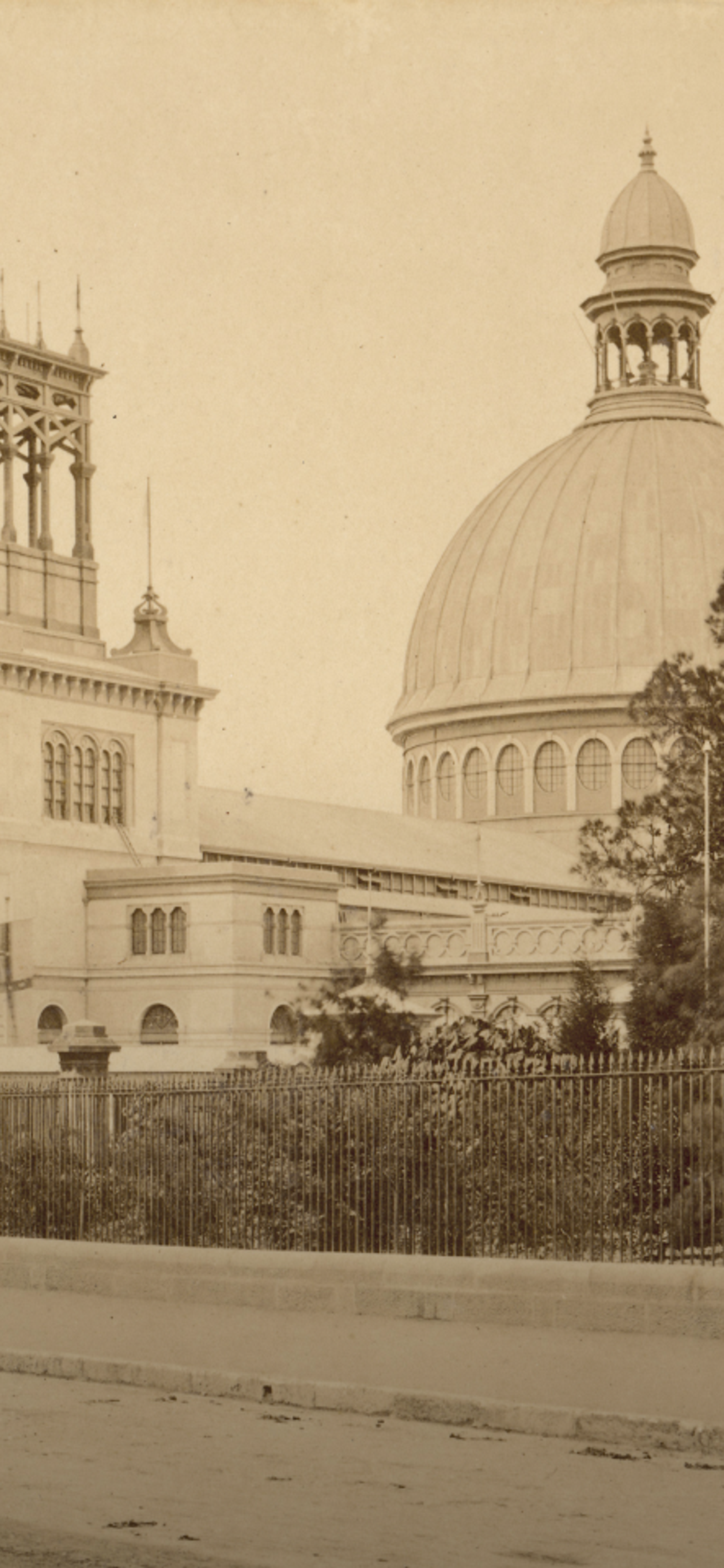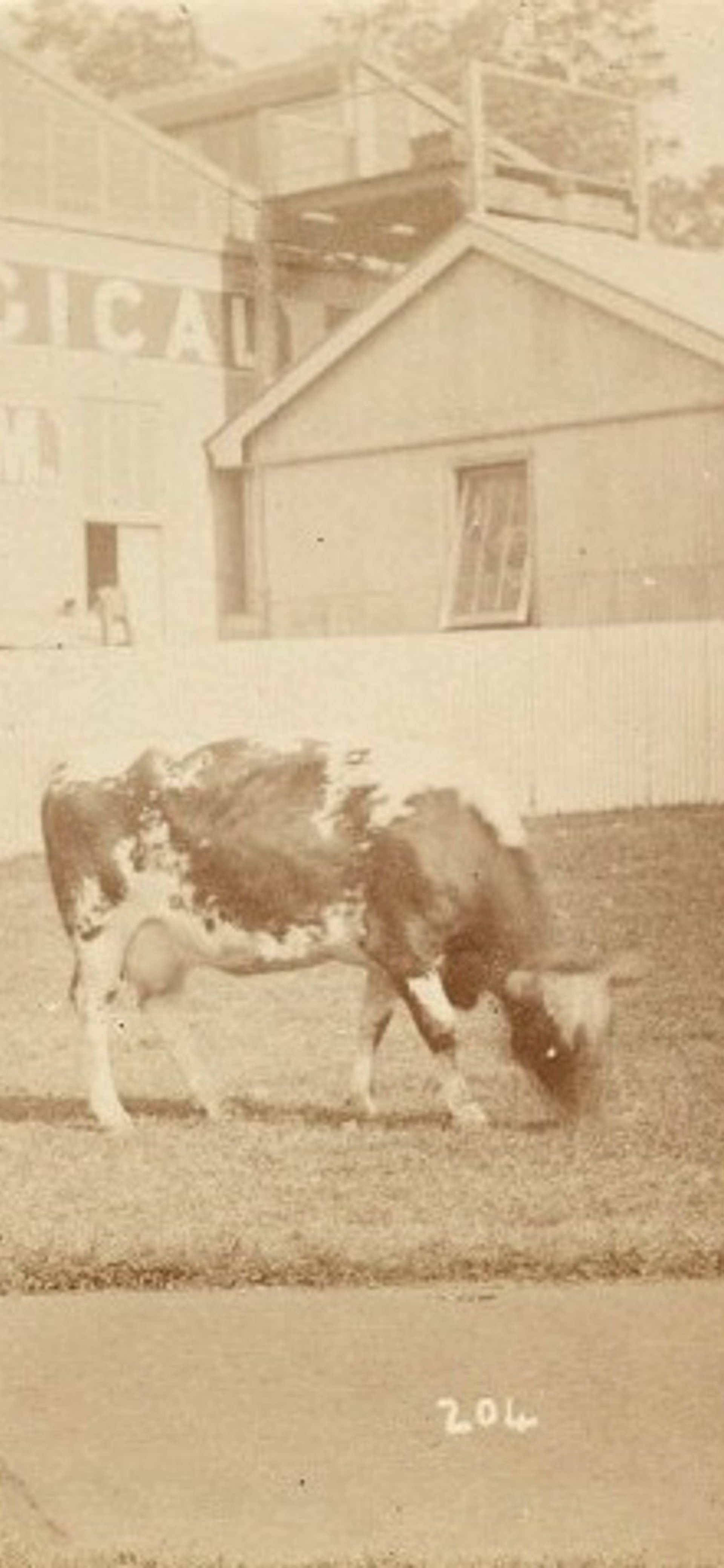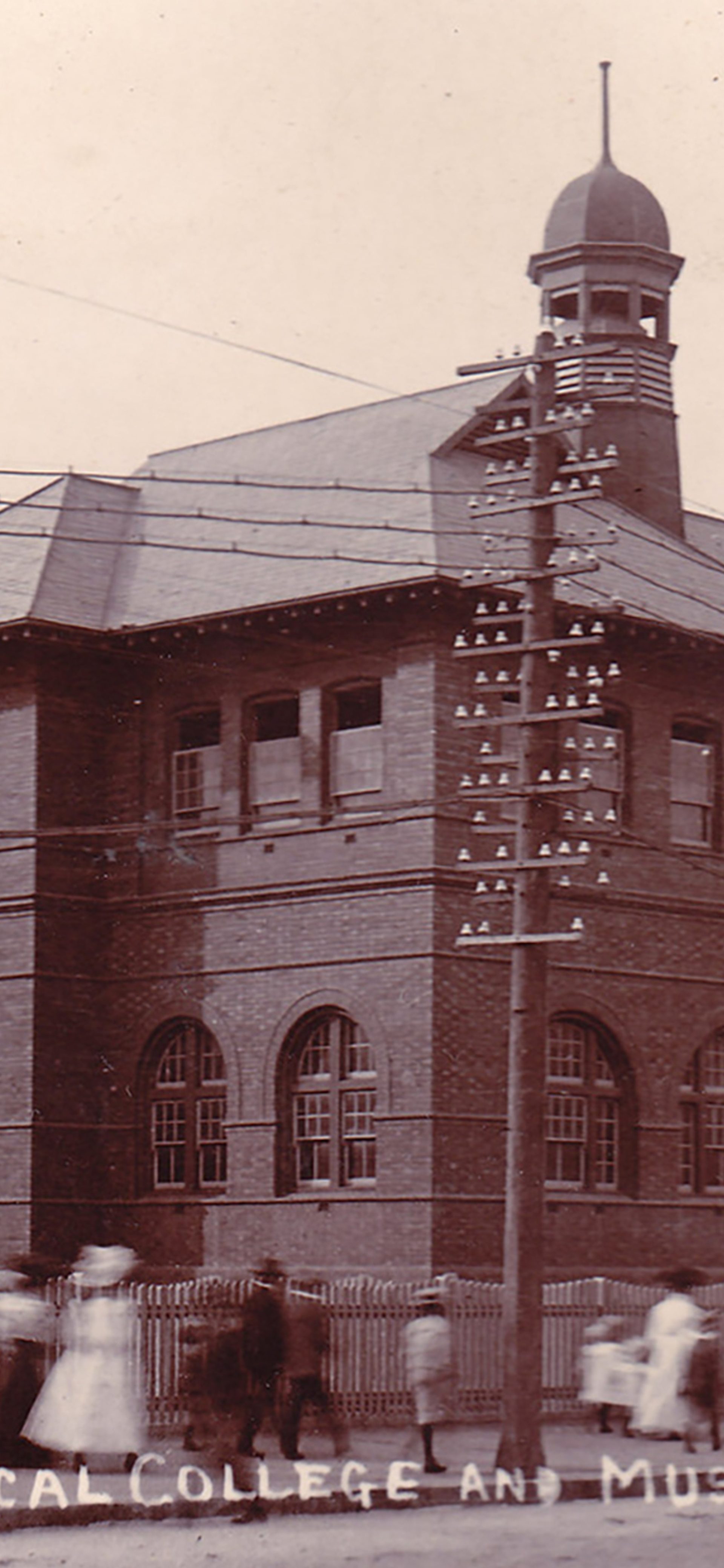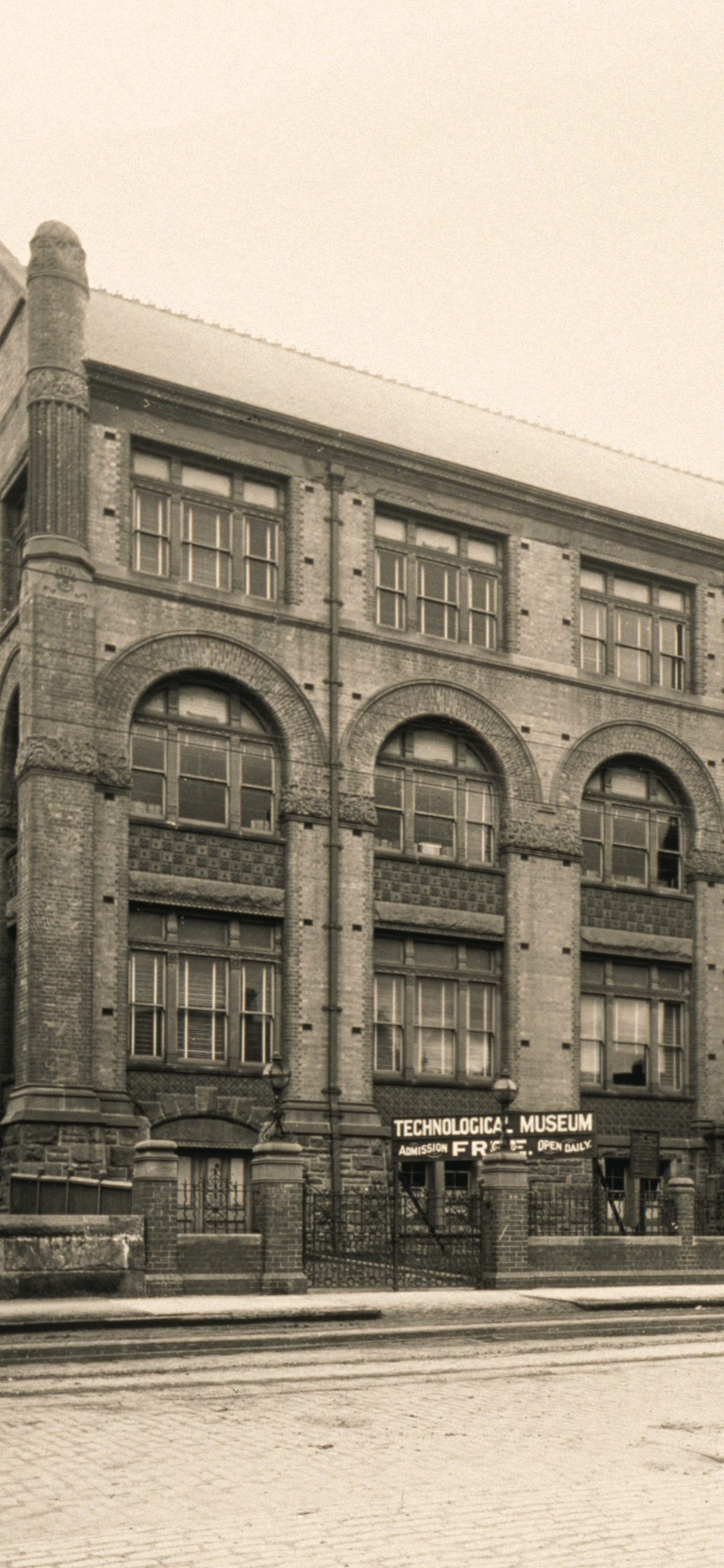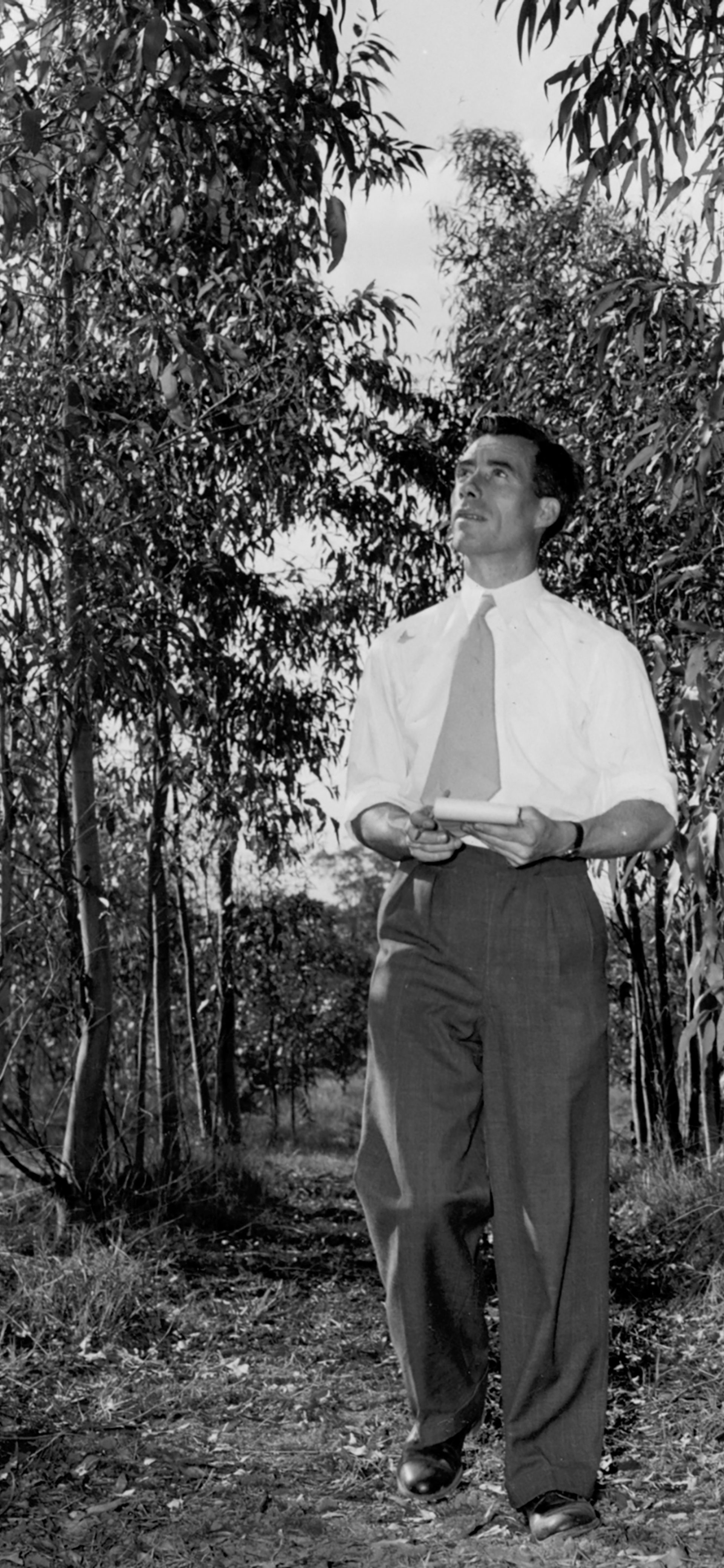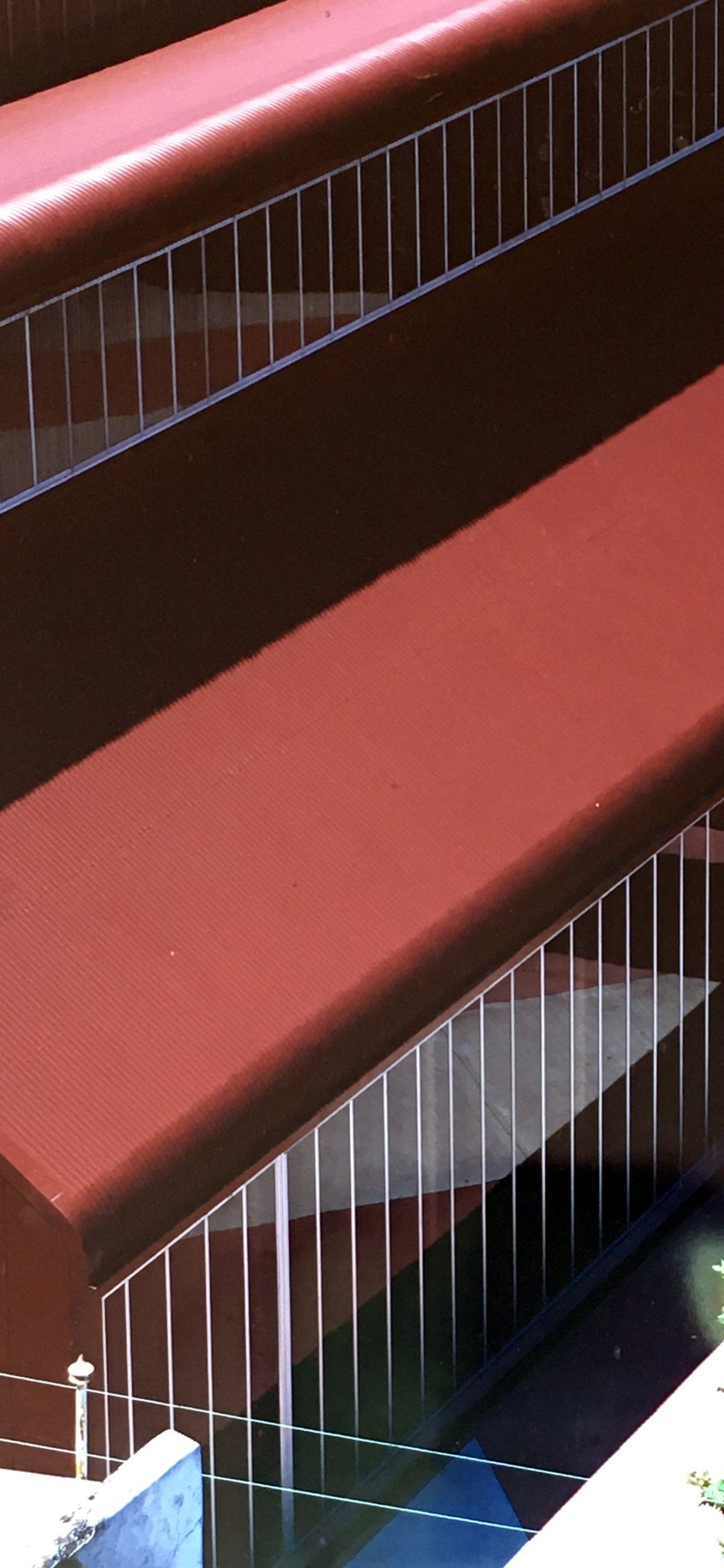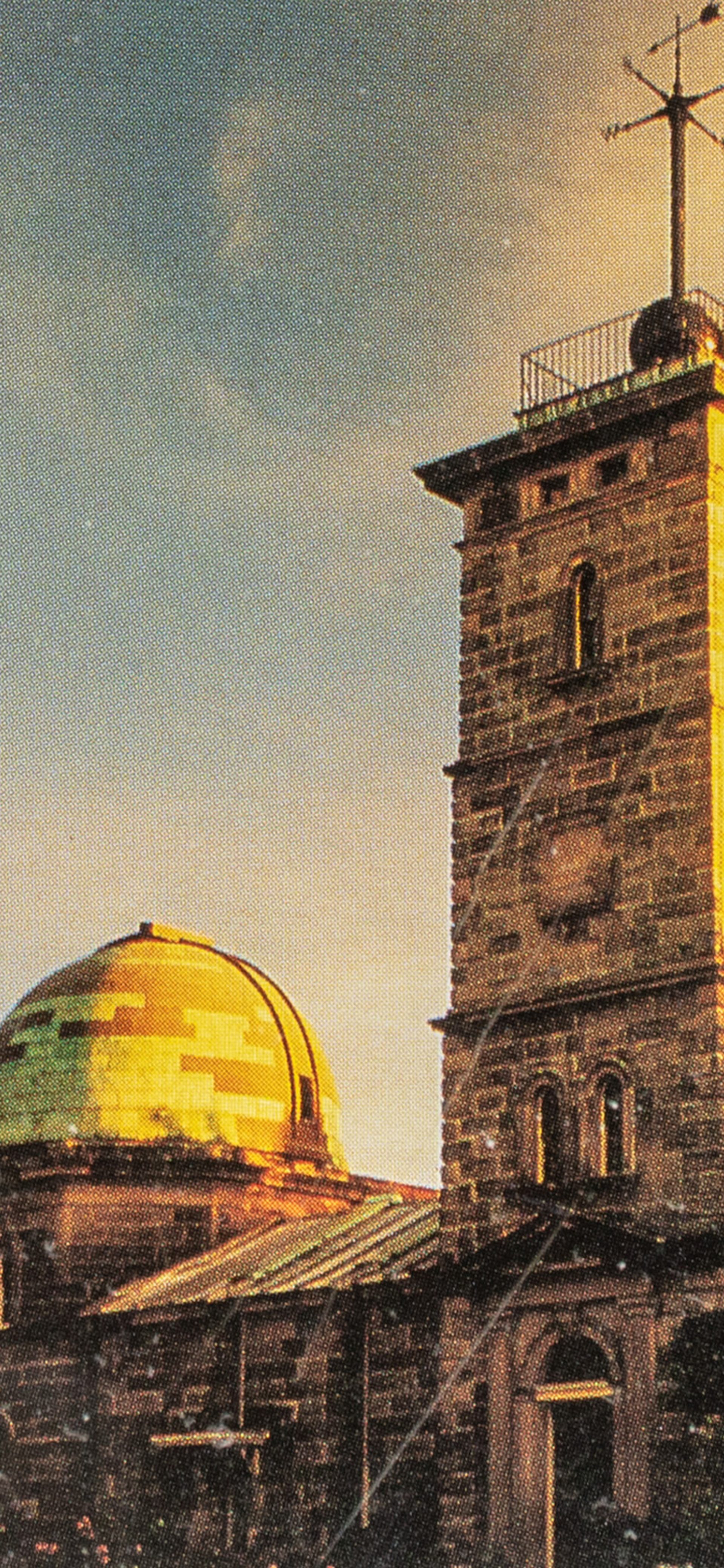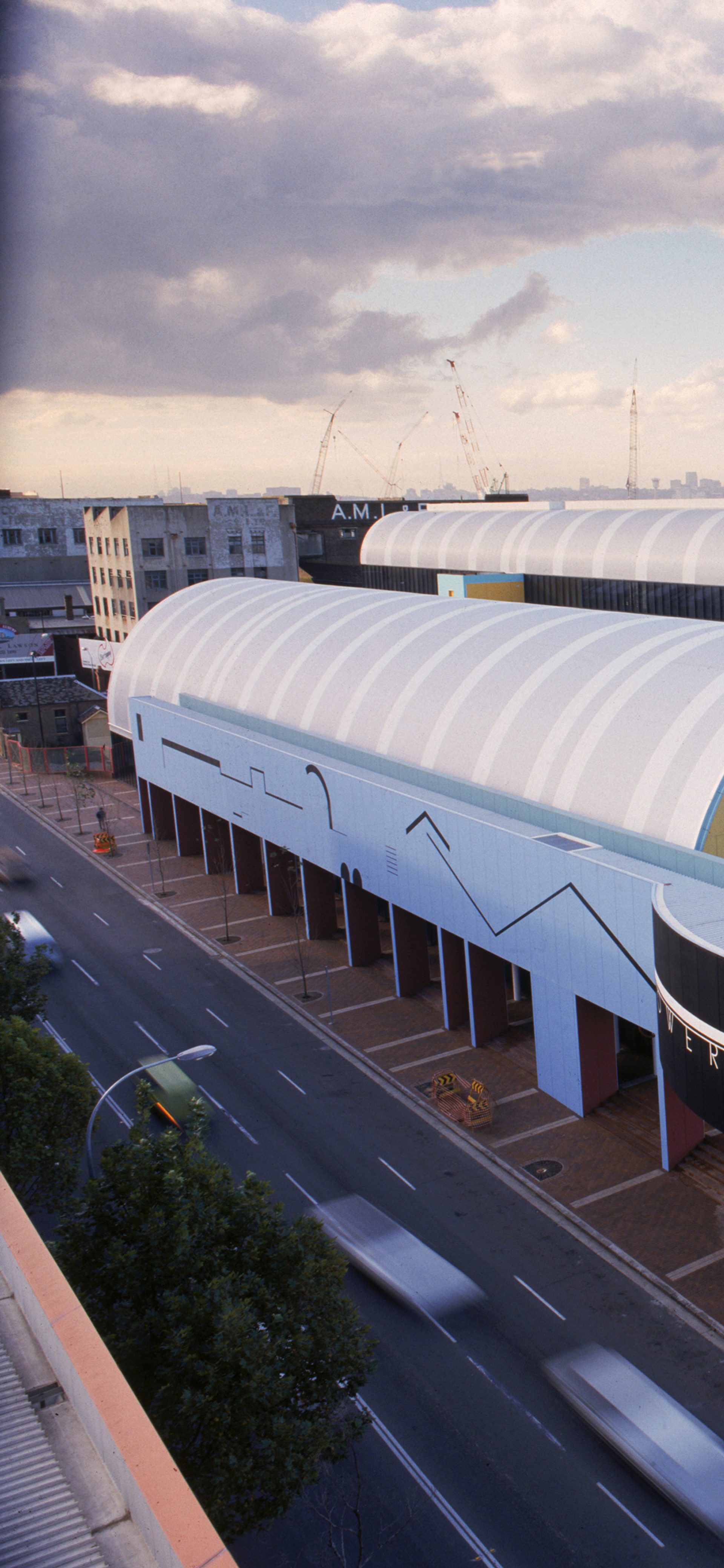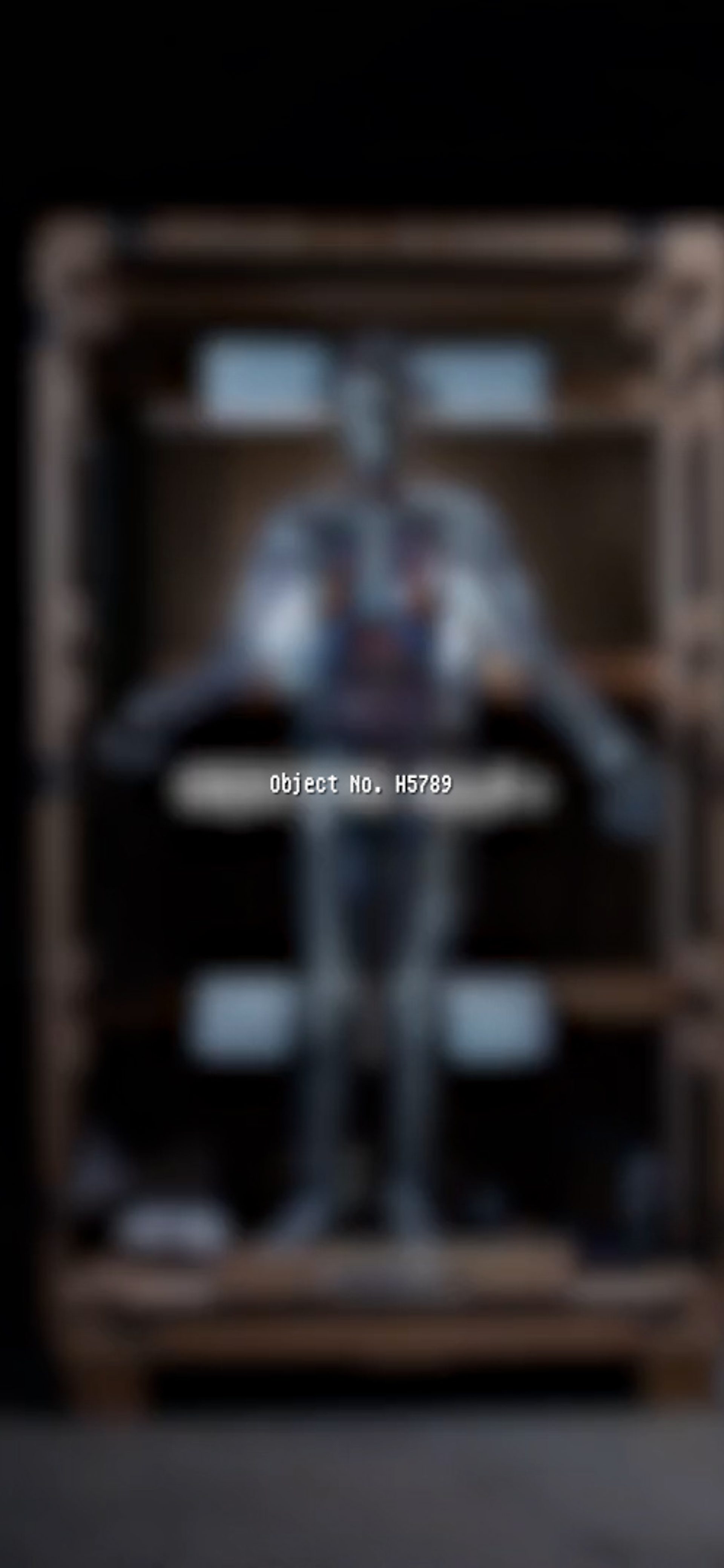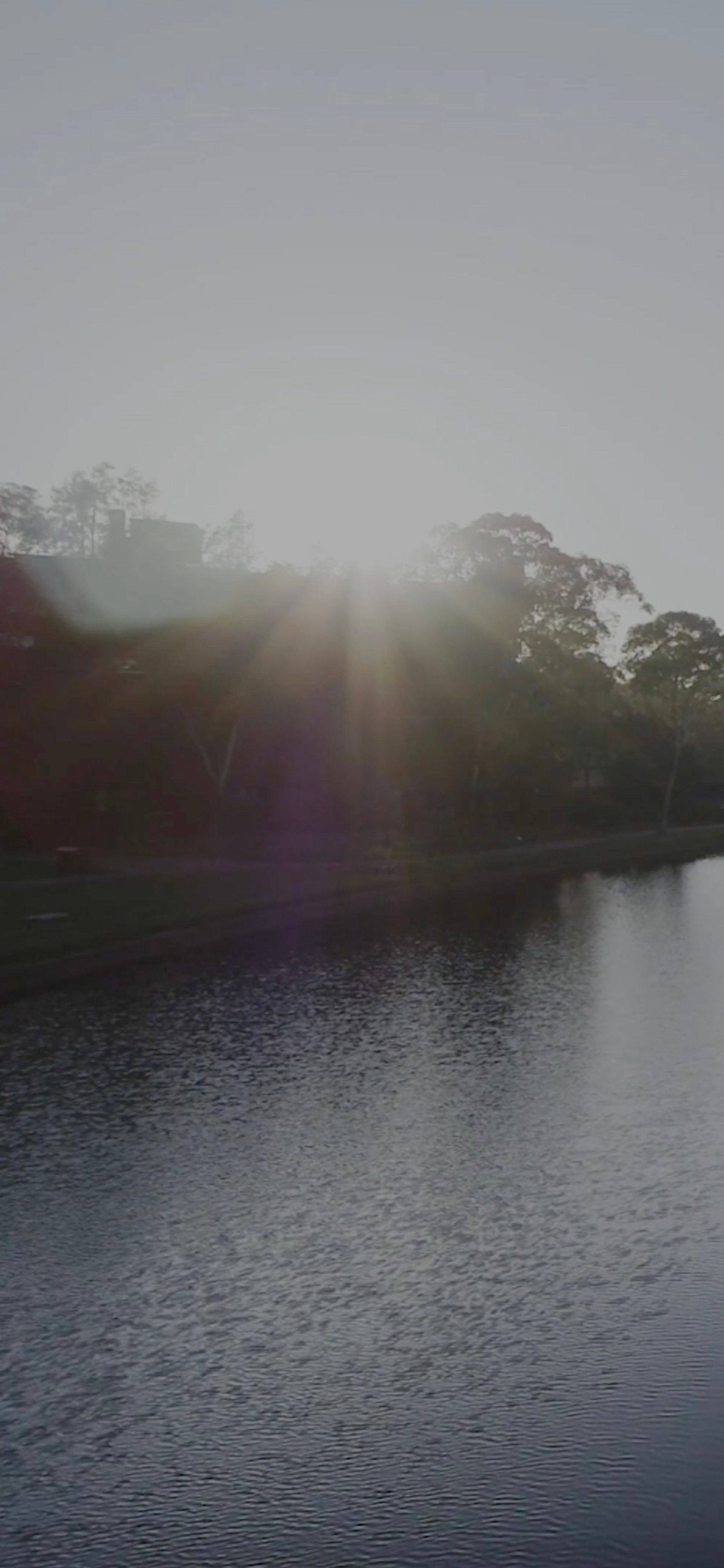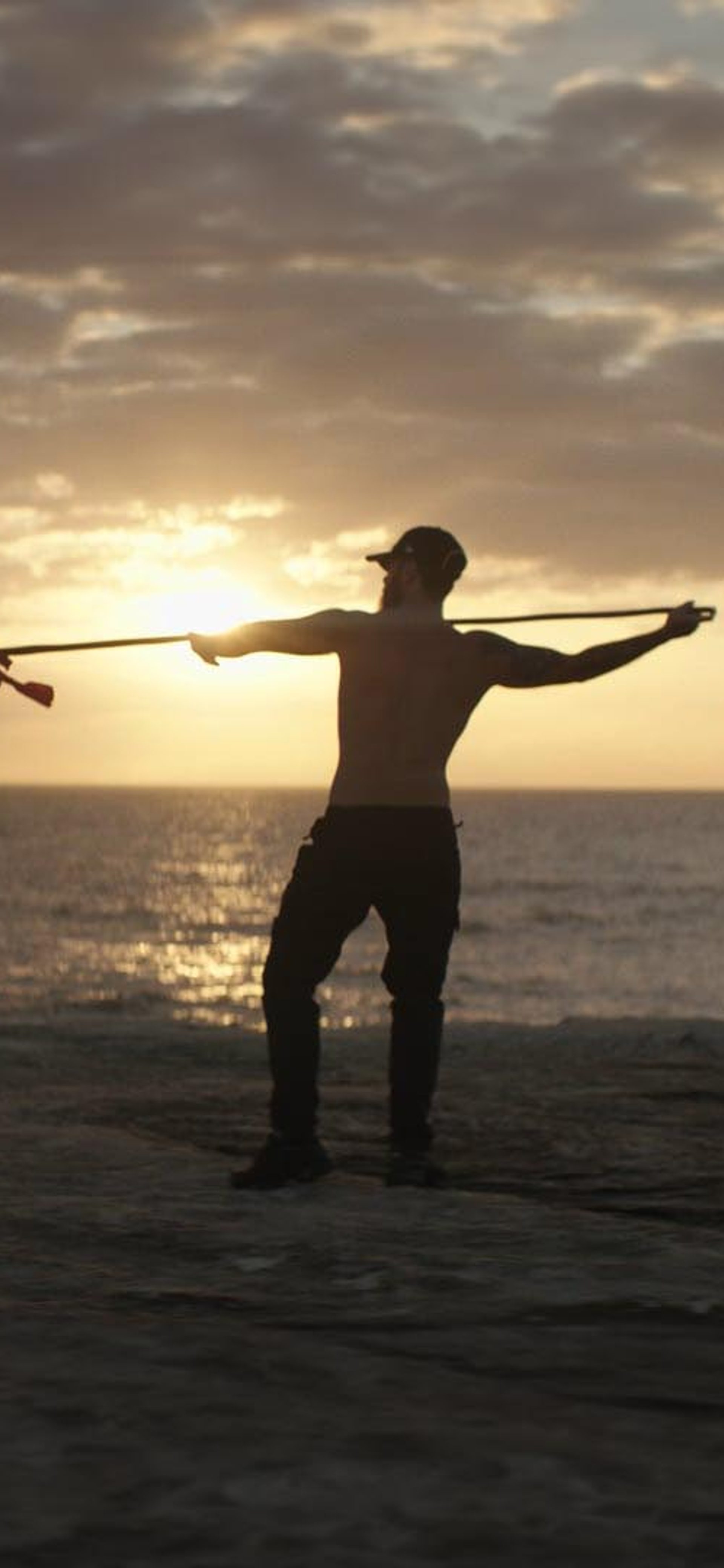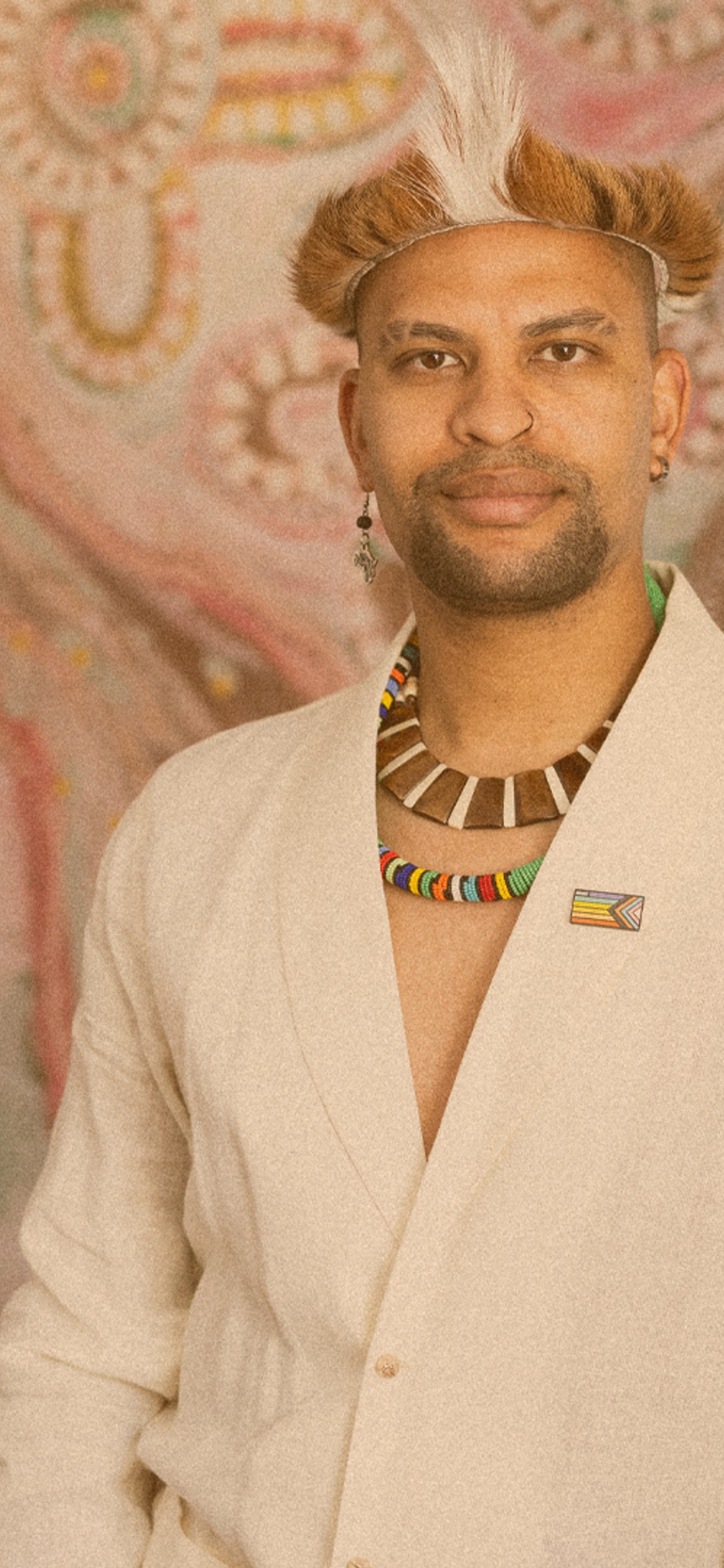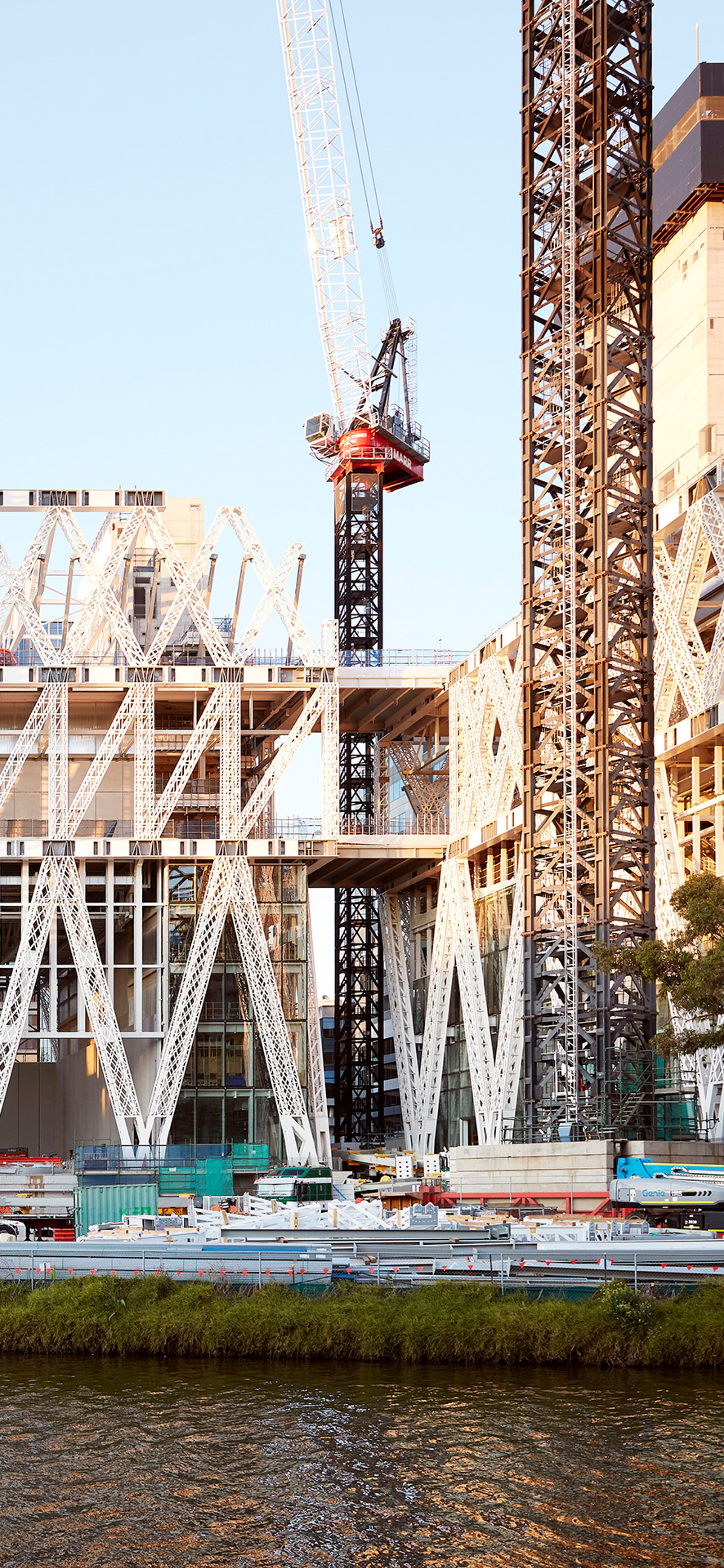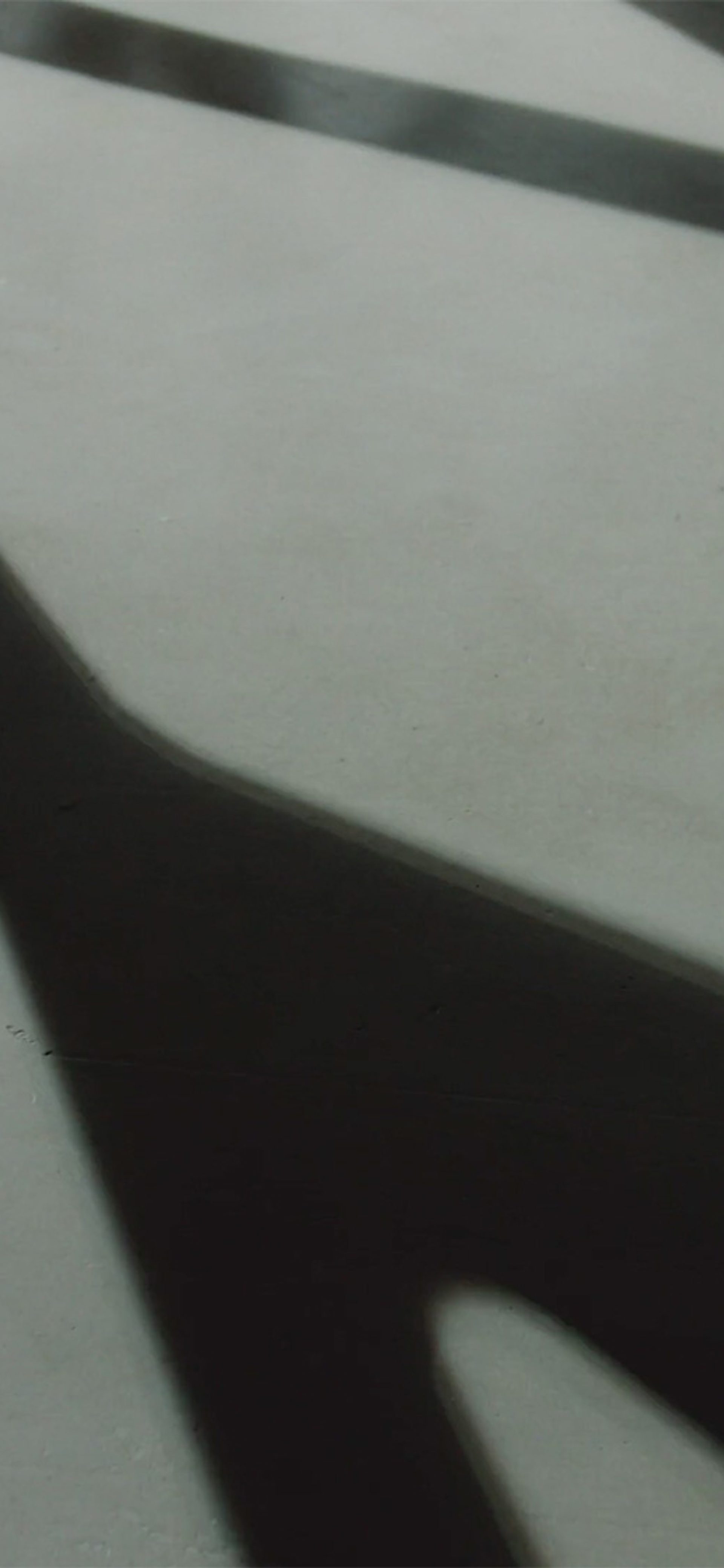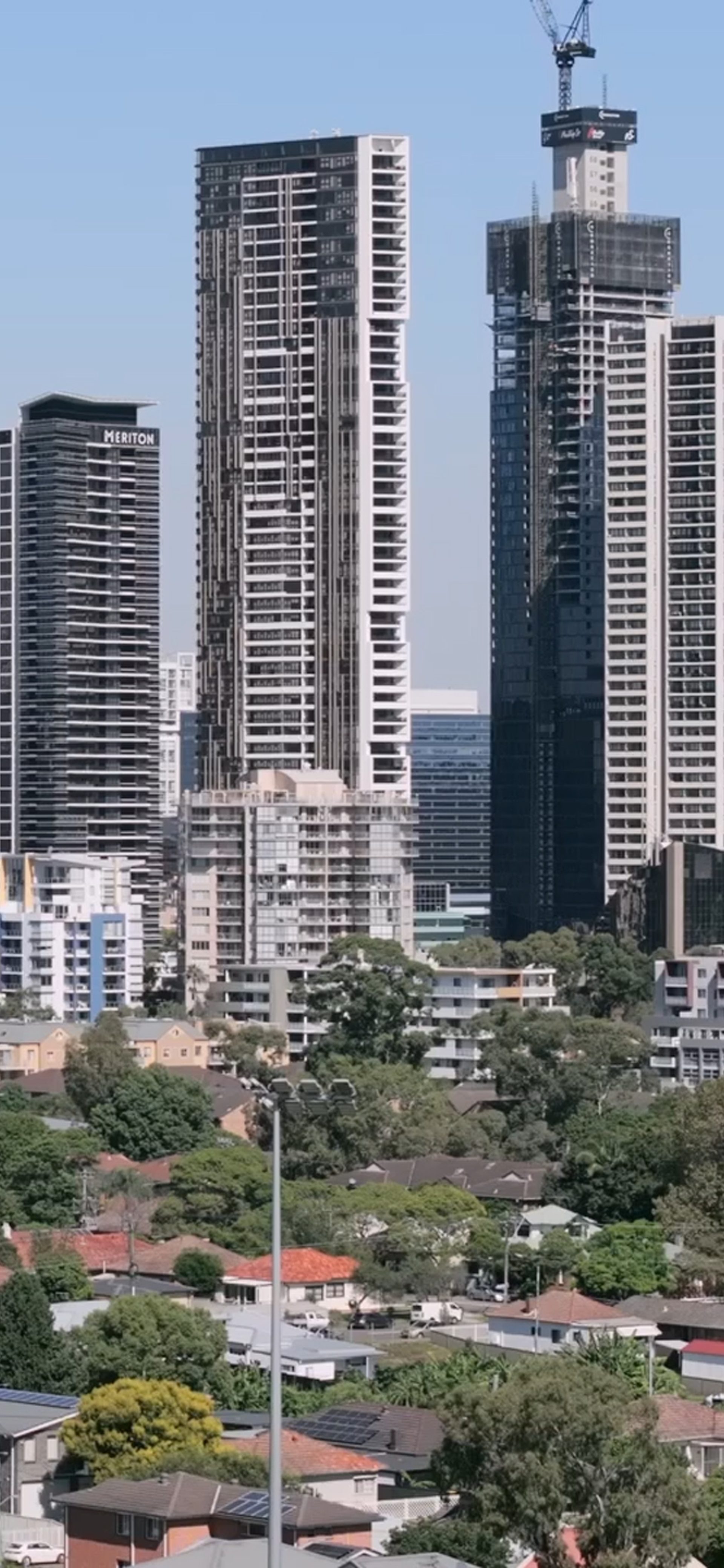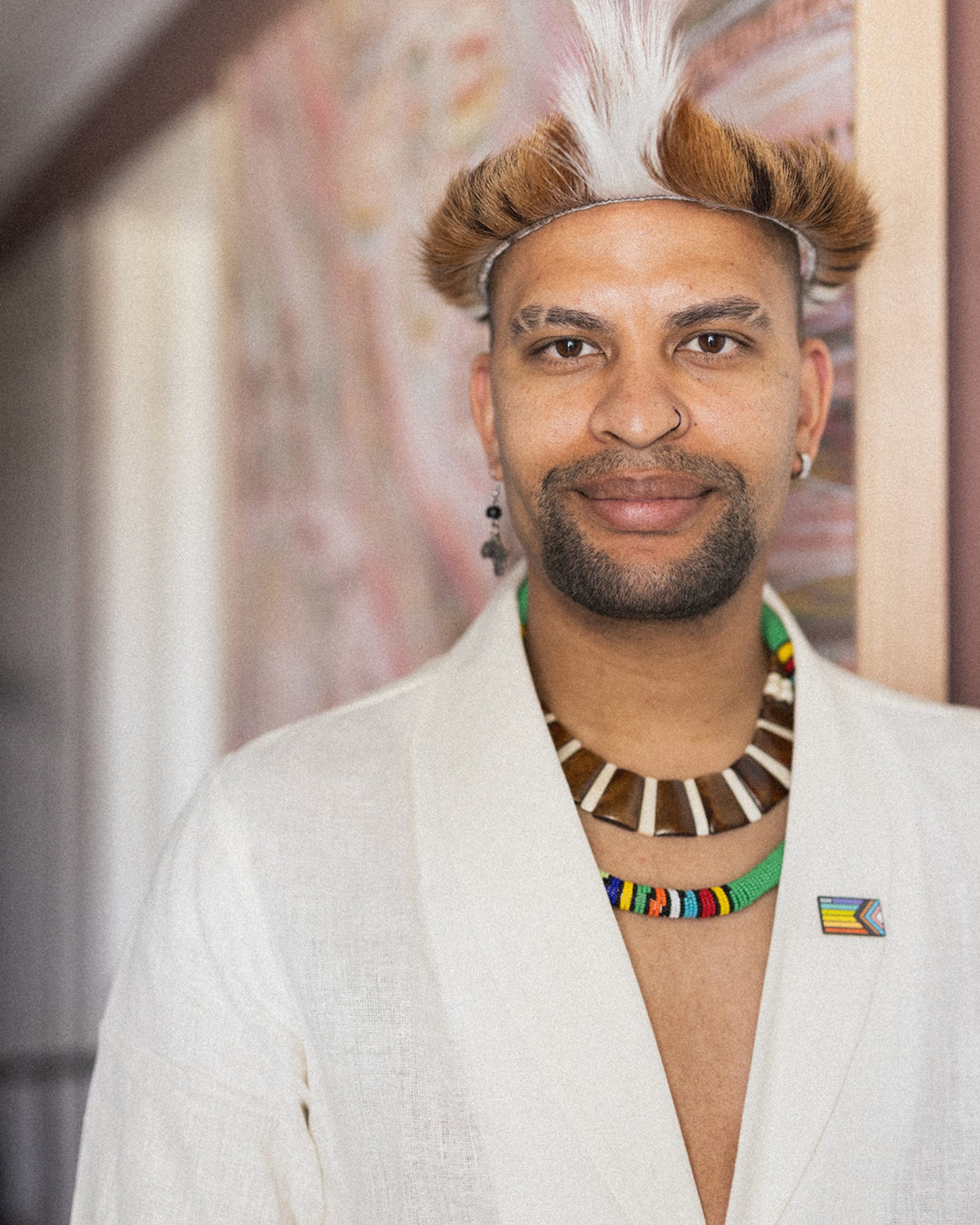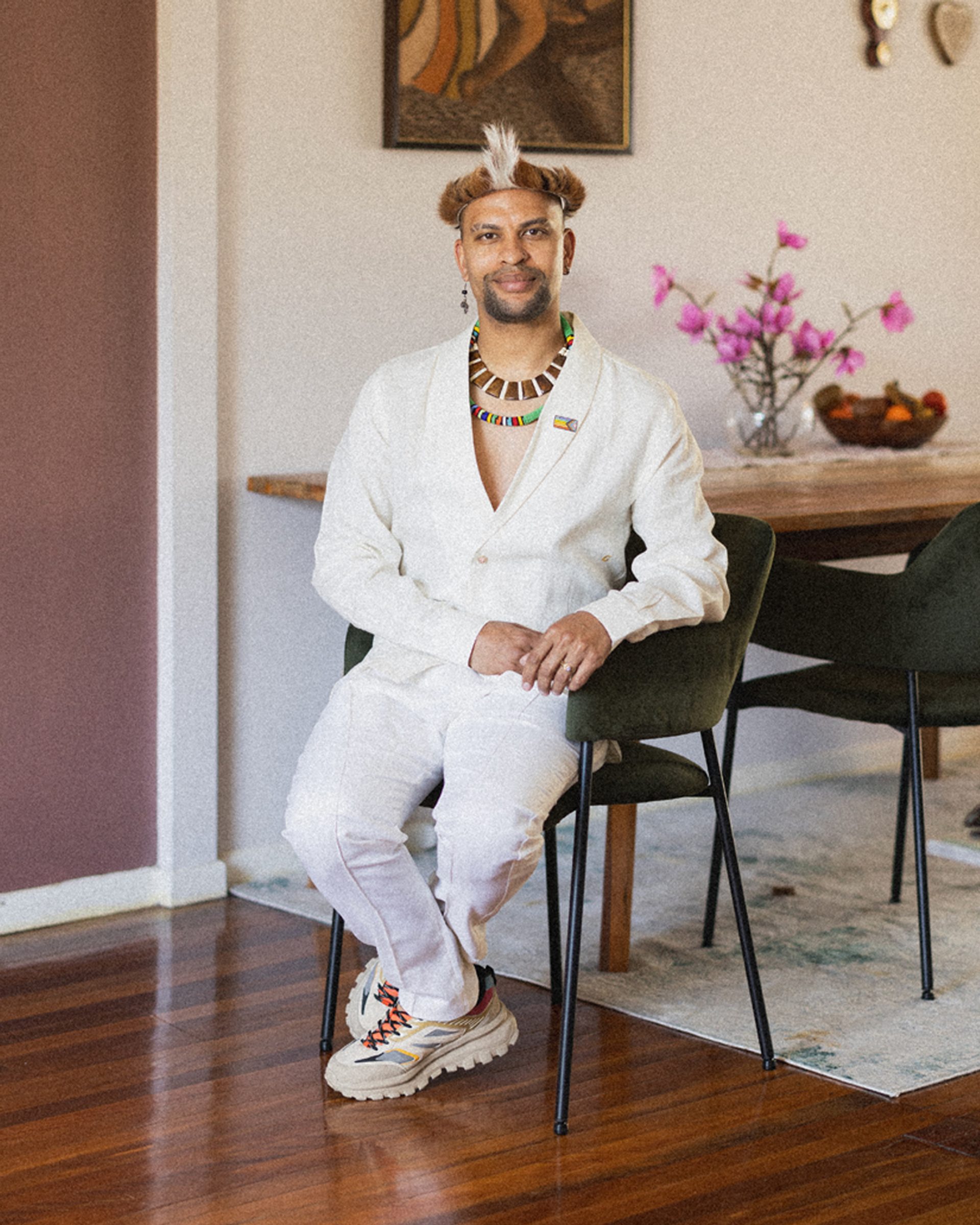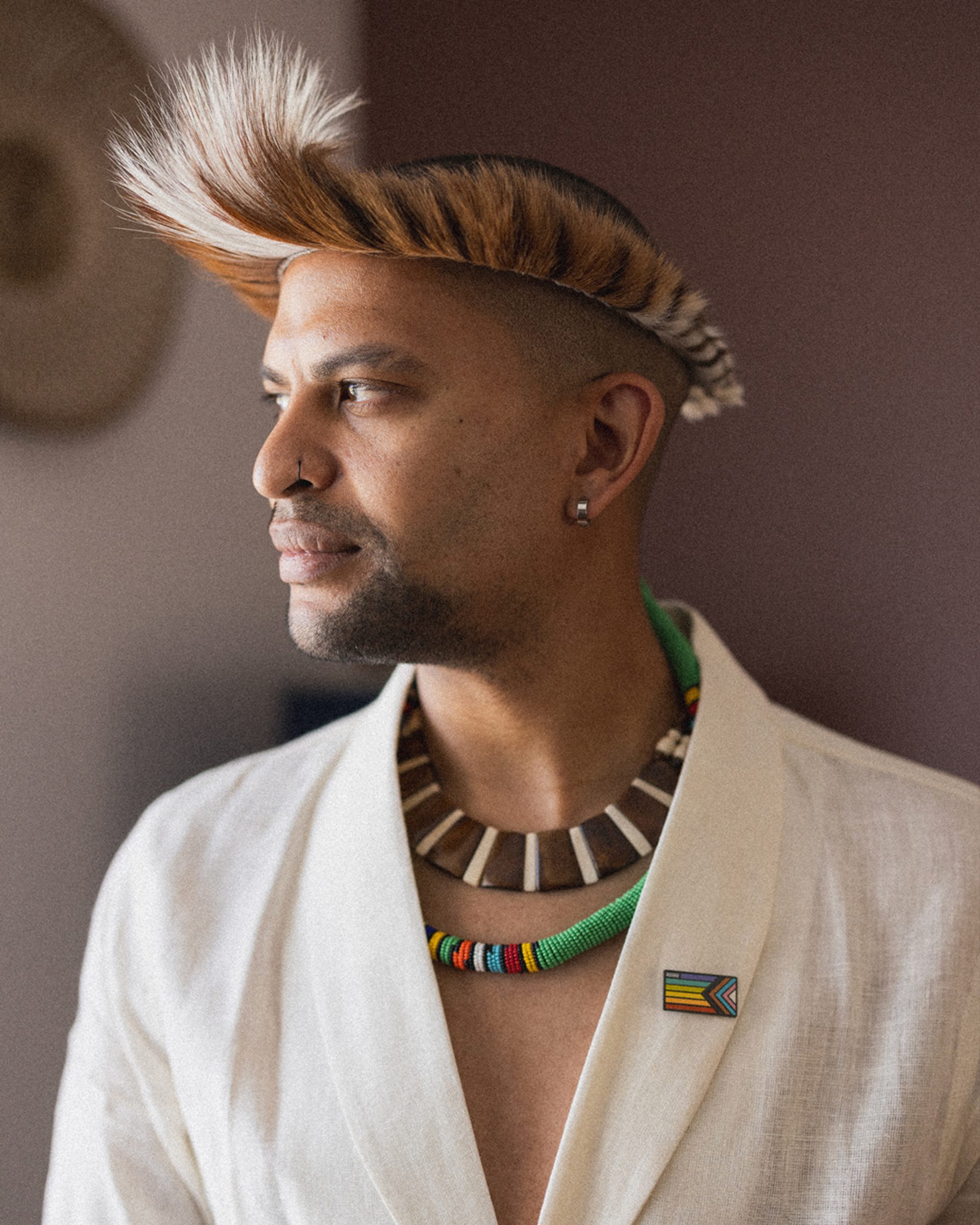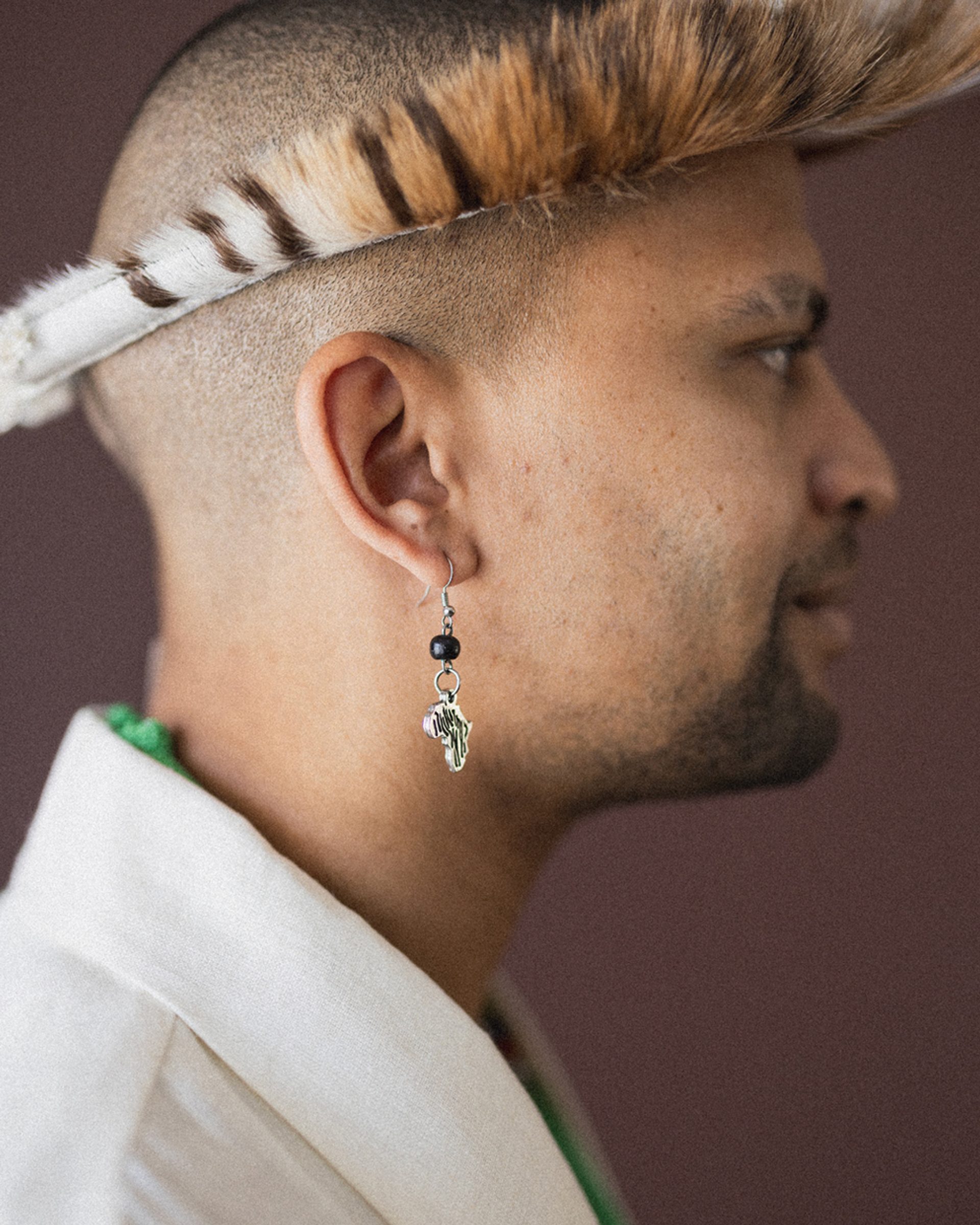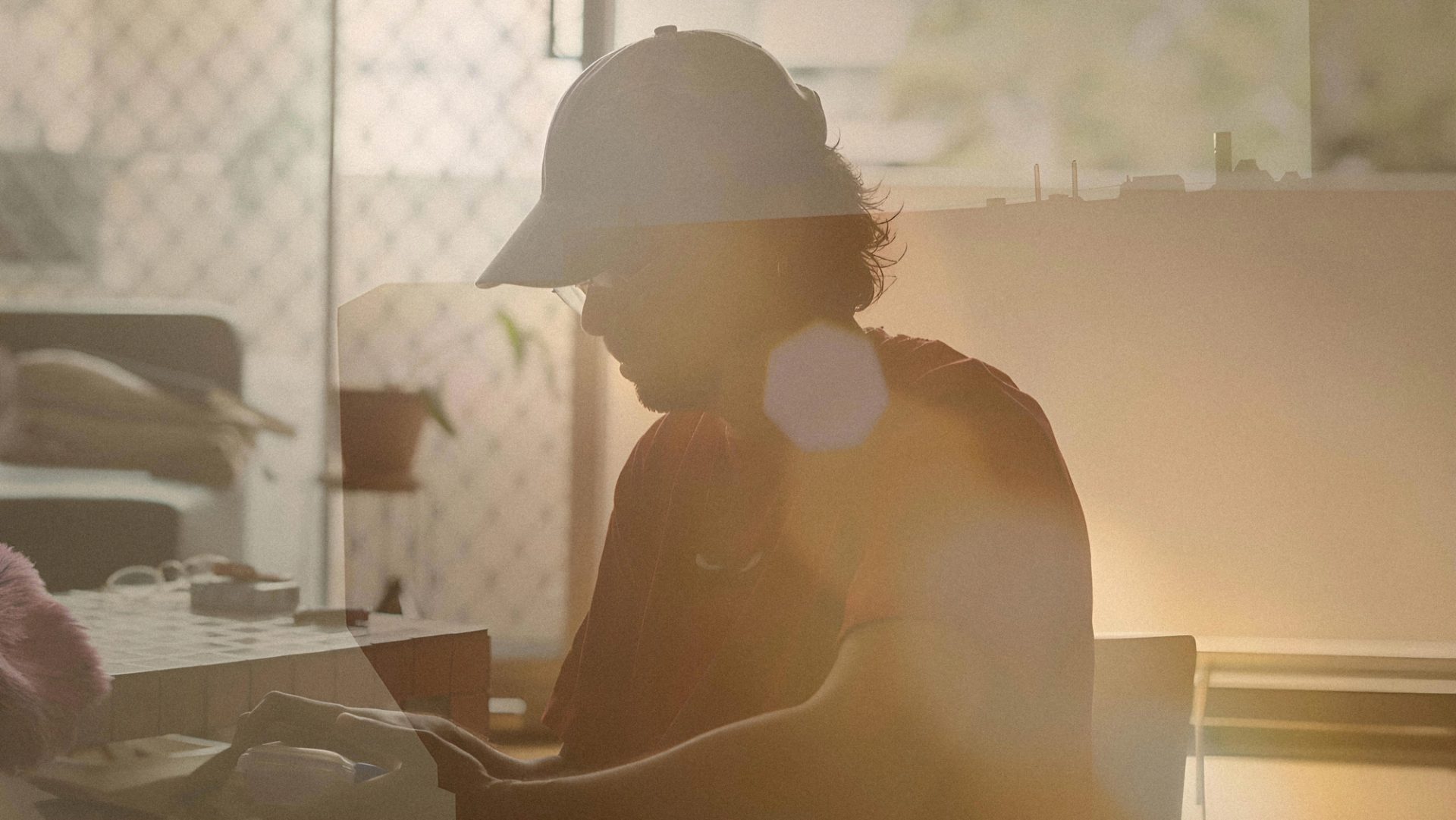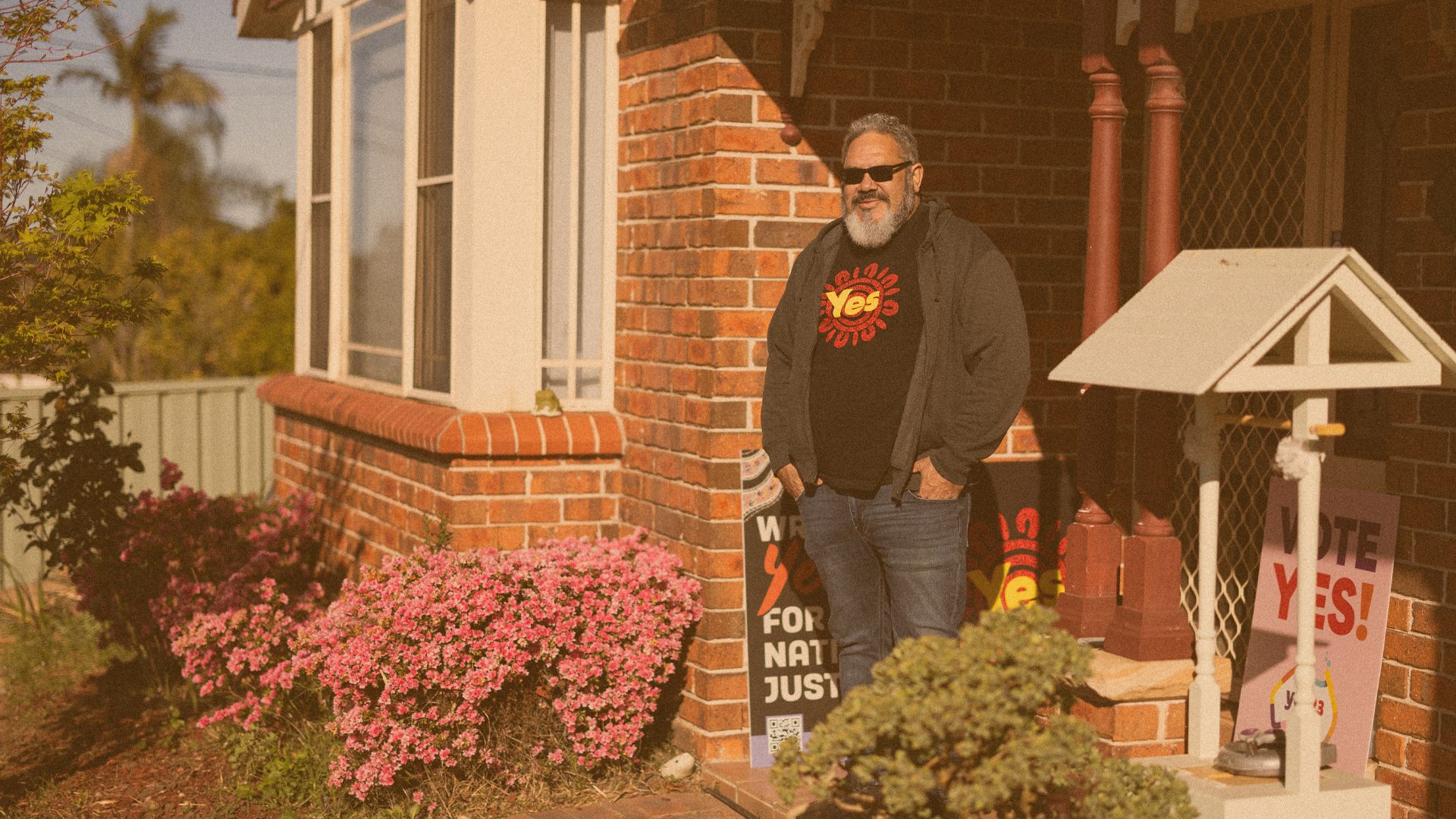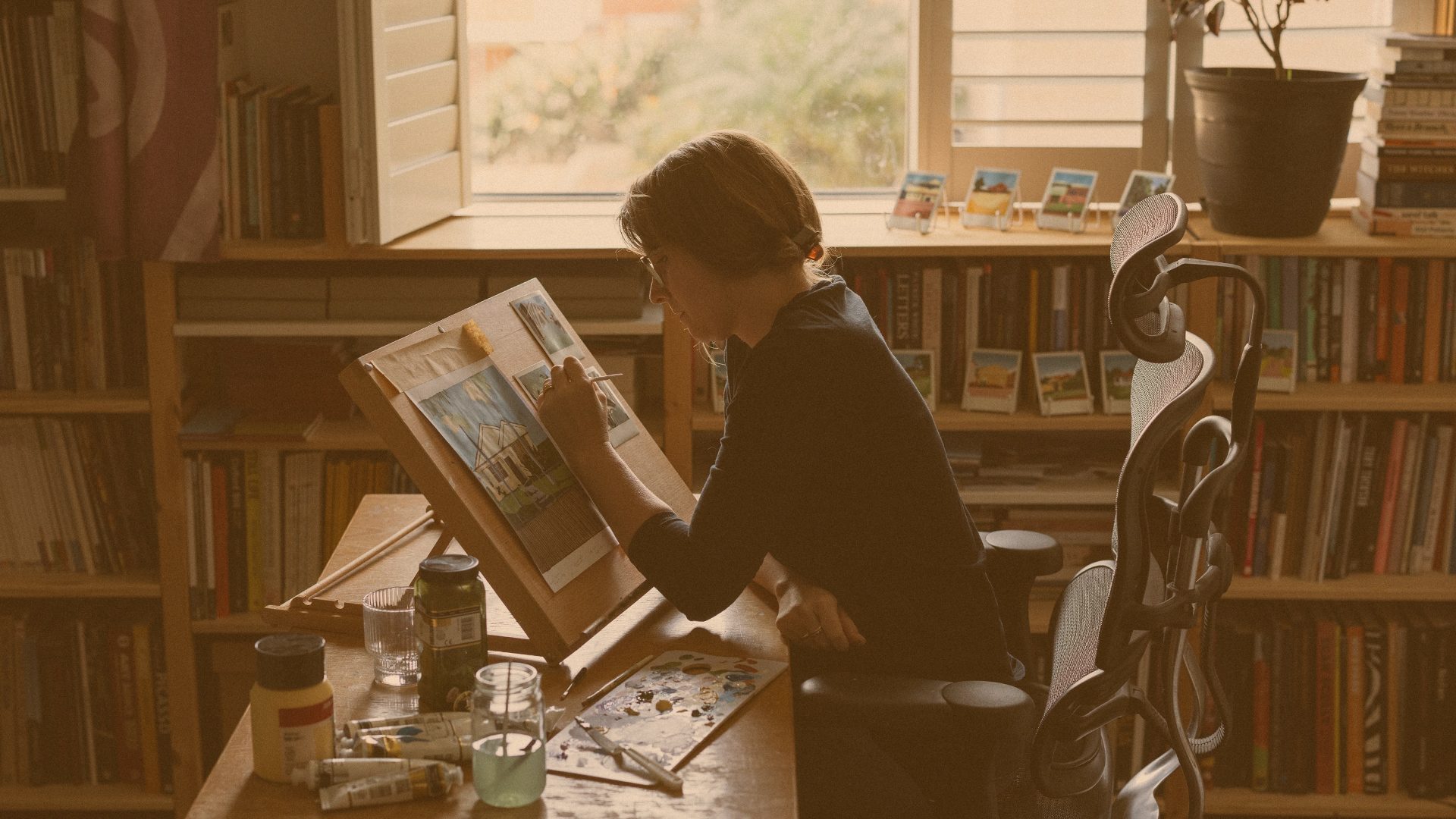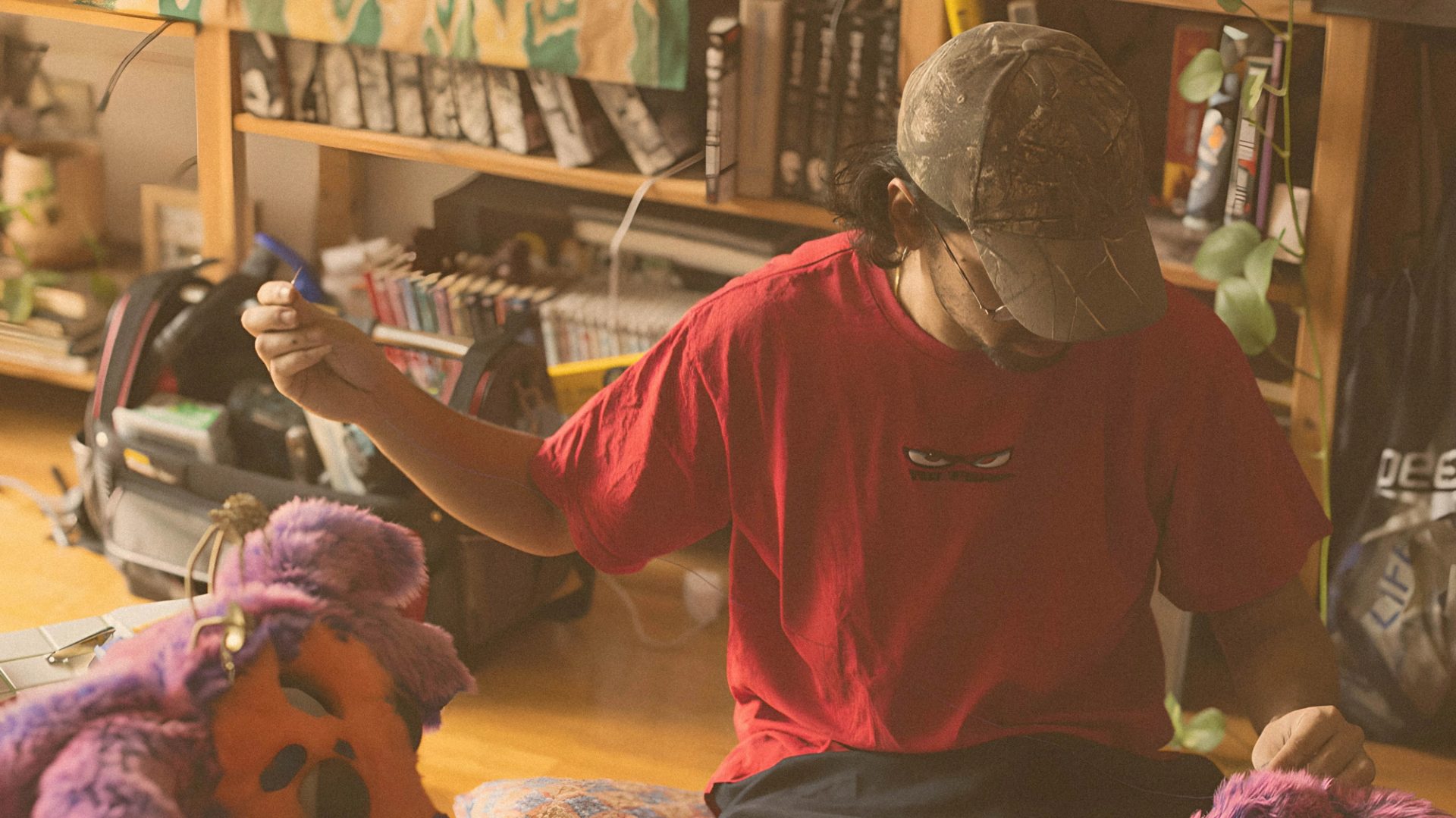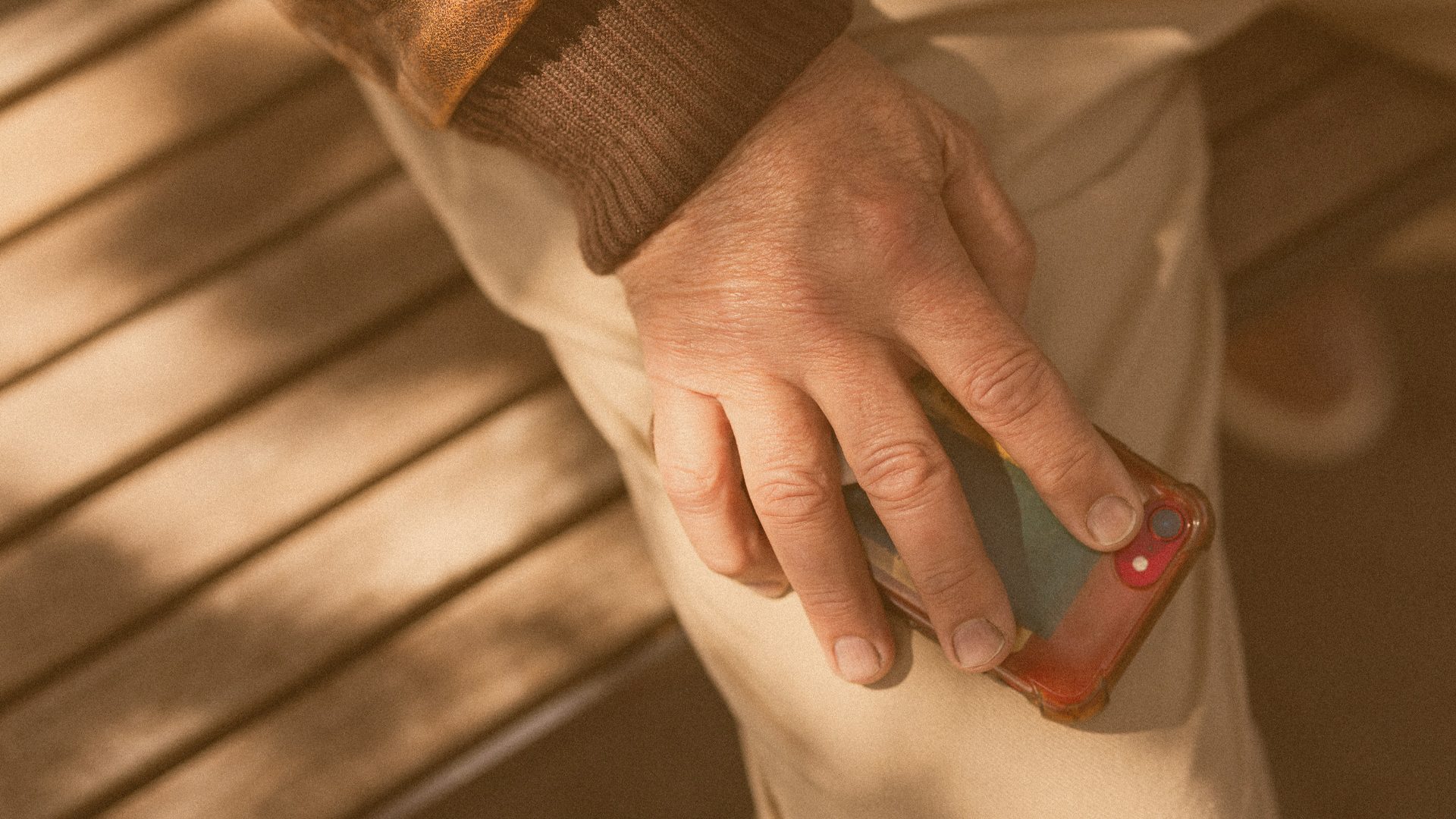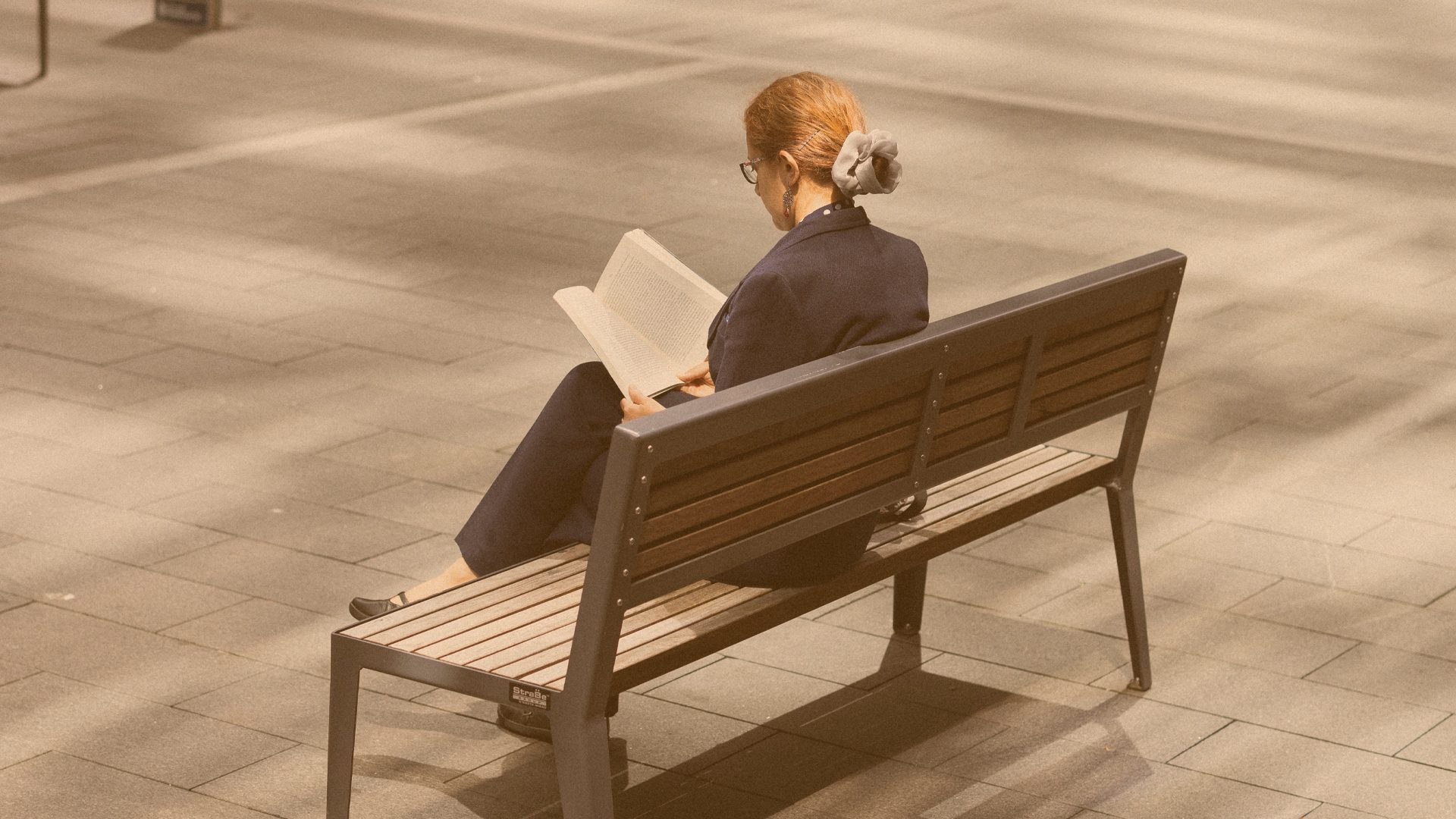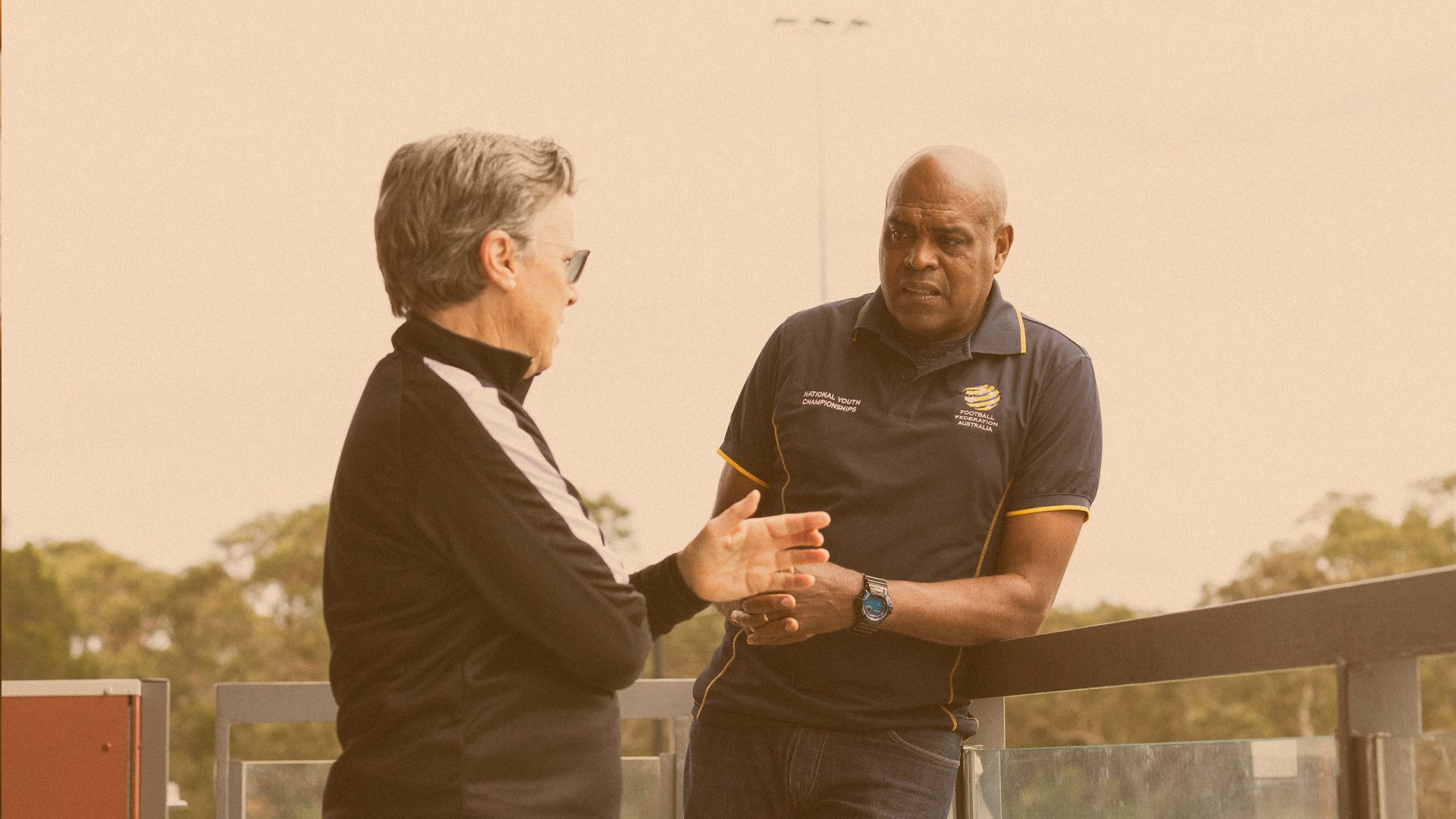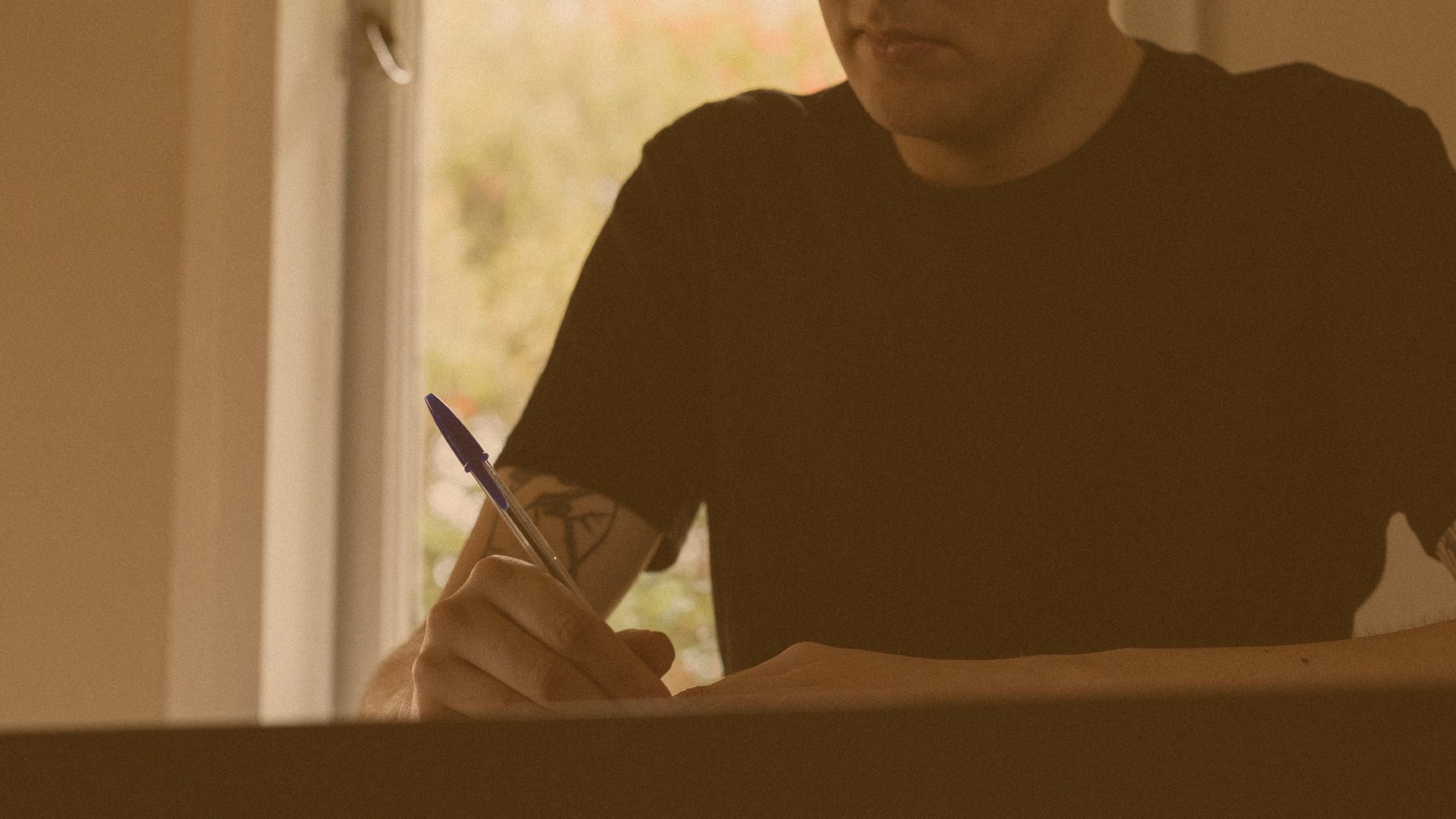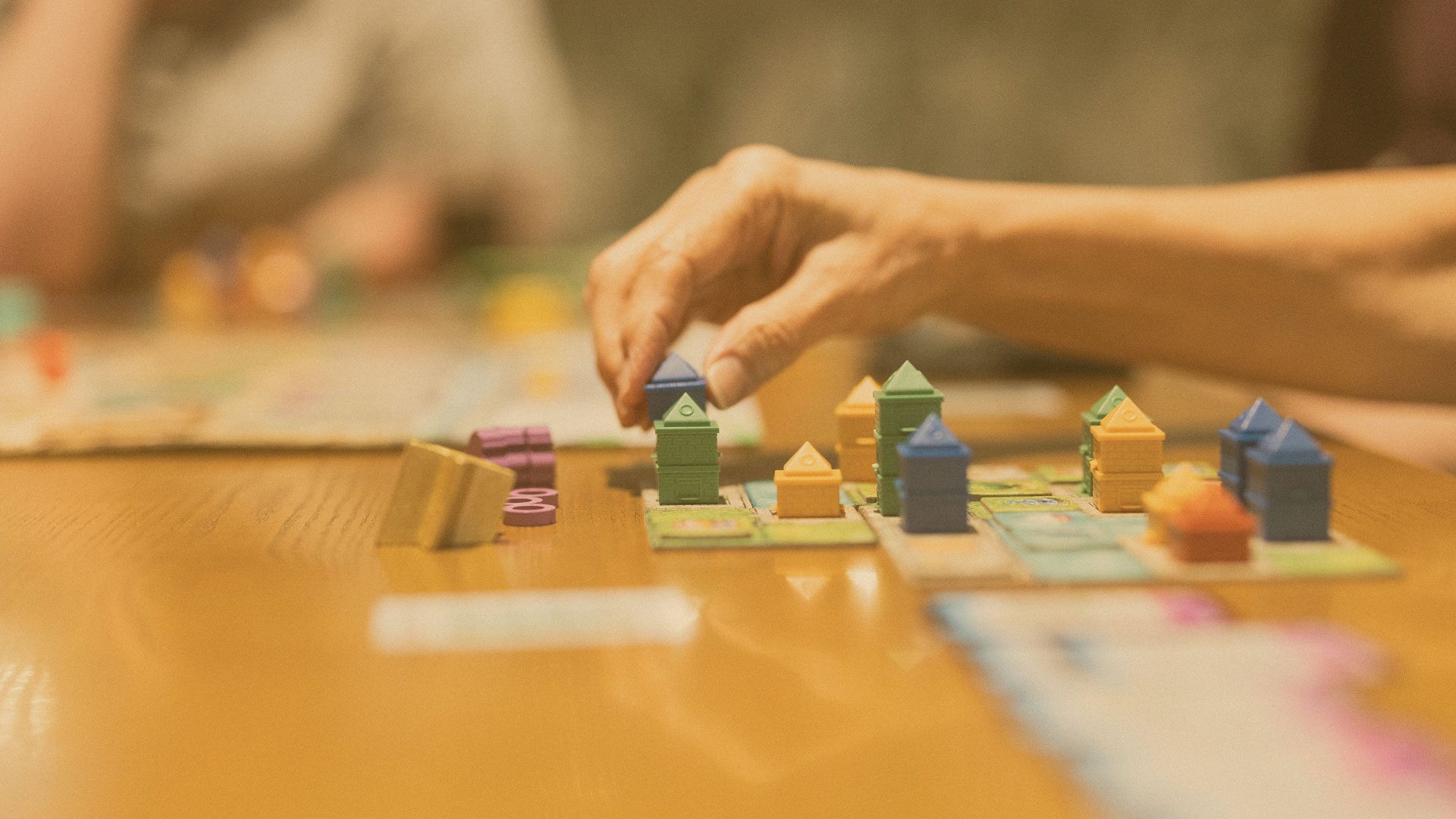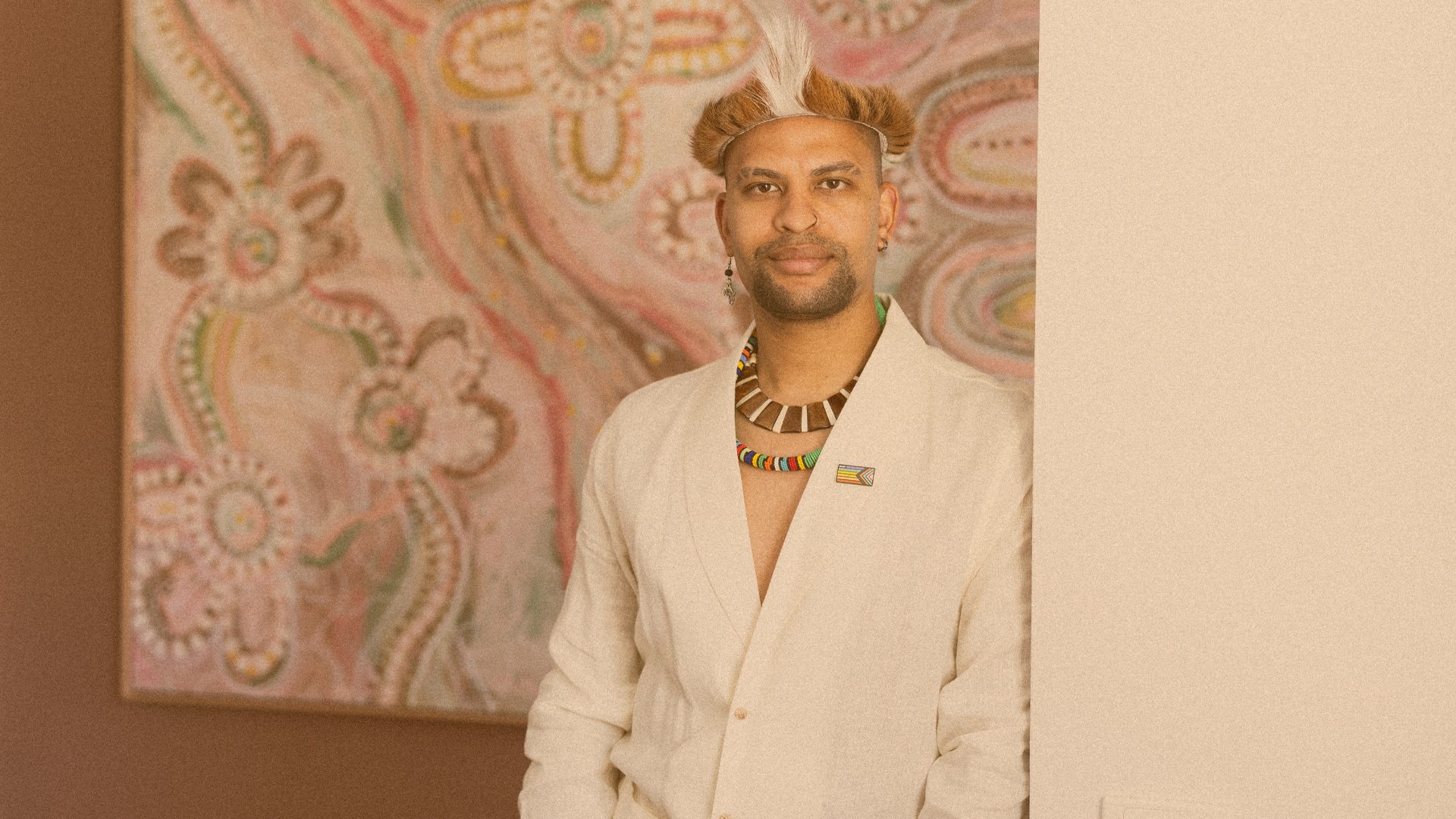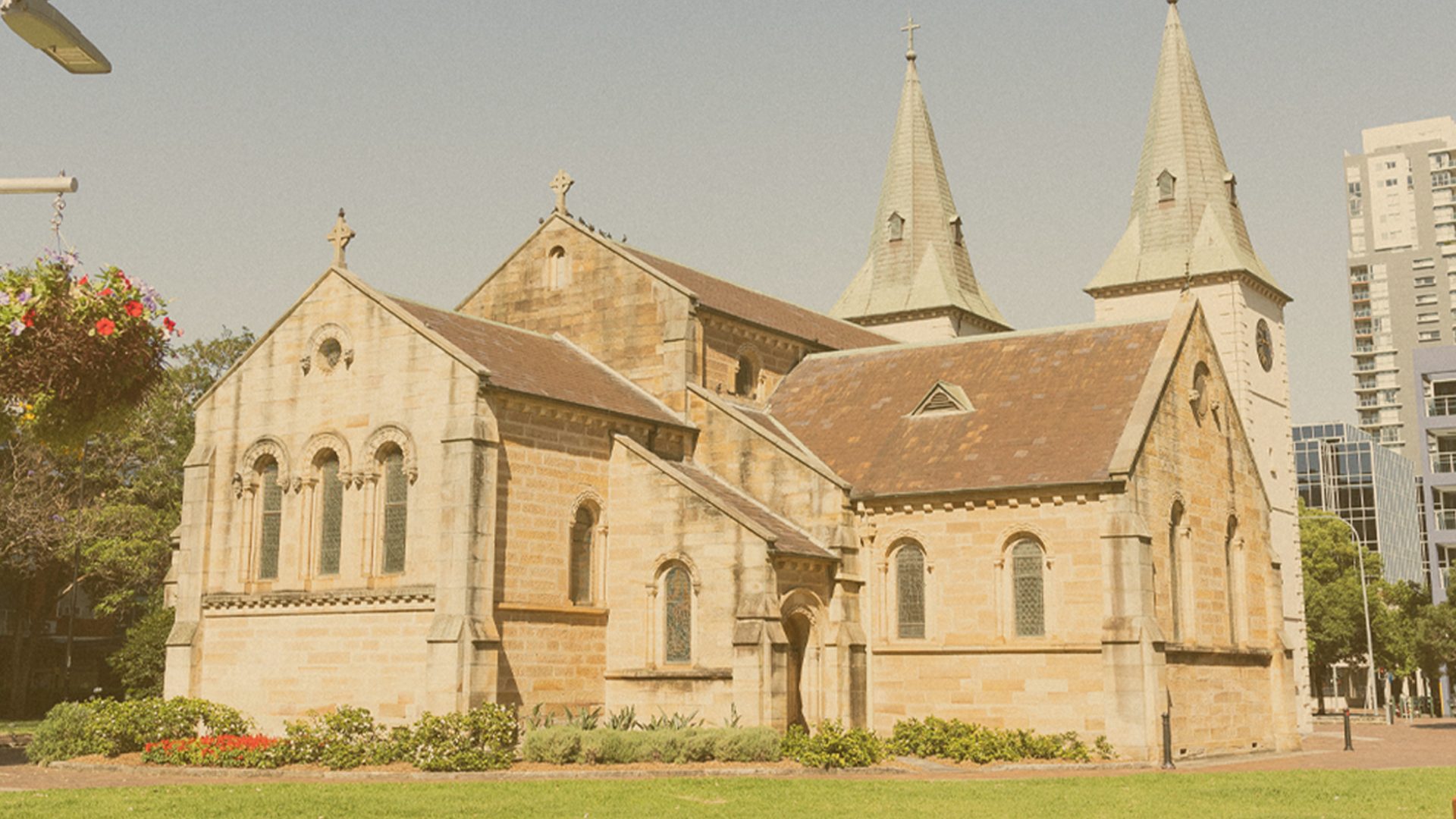Spreading love

This former preacher now uses his sermonising skills in support of his organisation Chosen Family’s mission to improve diversity and inclusion in the disability sector.
Traidy Bugeja-Naidoo’s style stands out. Colour clashes and precolonial prints, usually paired with the latest-season sneakers or Crocs. As does his gift of the gab. A trifecta of sass, wit and impeccable delivery. And beneath the colourful exterior is a character just as complex and vibrant.
A restless, millennial multi-hyphenate, he emigrated to Australia in 2018 to study law in Parramatta and while completing the degree he took on work in foster care, mental health and disability support organisations, including not-for-profit Breakthru in Parramatta. At the same time, he served as a core part of his Pentecostal church’s ministry team in Bondi.
Within a few years, he was qualified as a lawyer. Within a few more, he had co-founded National Disability Insurance Scheme service provider Chosen Family, with the goal of helping people who have fallen through the gaps co-design their future.
Born in Gqberha, South Africa, Traidy’s early life traversed the challenges of poverty, homophobia in his evangelical community and the long shadow of his mother’s mental health battles.
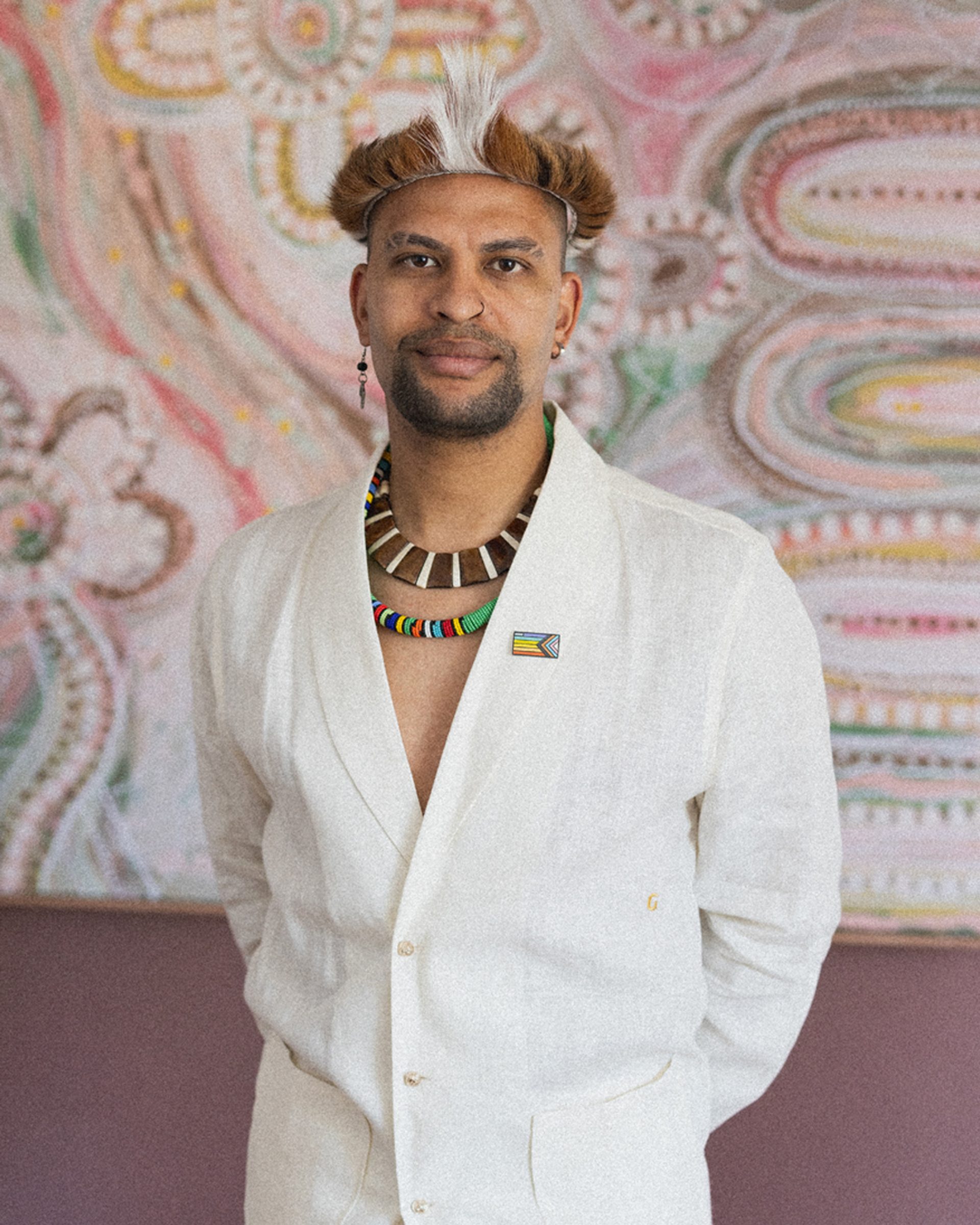
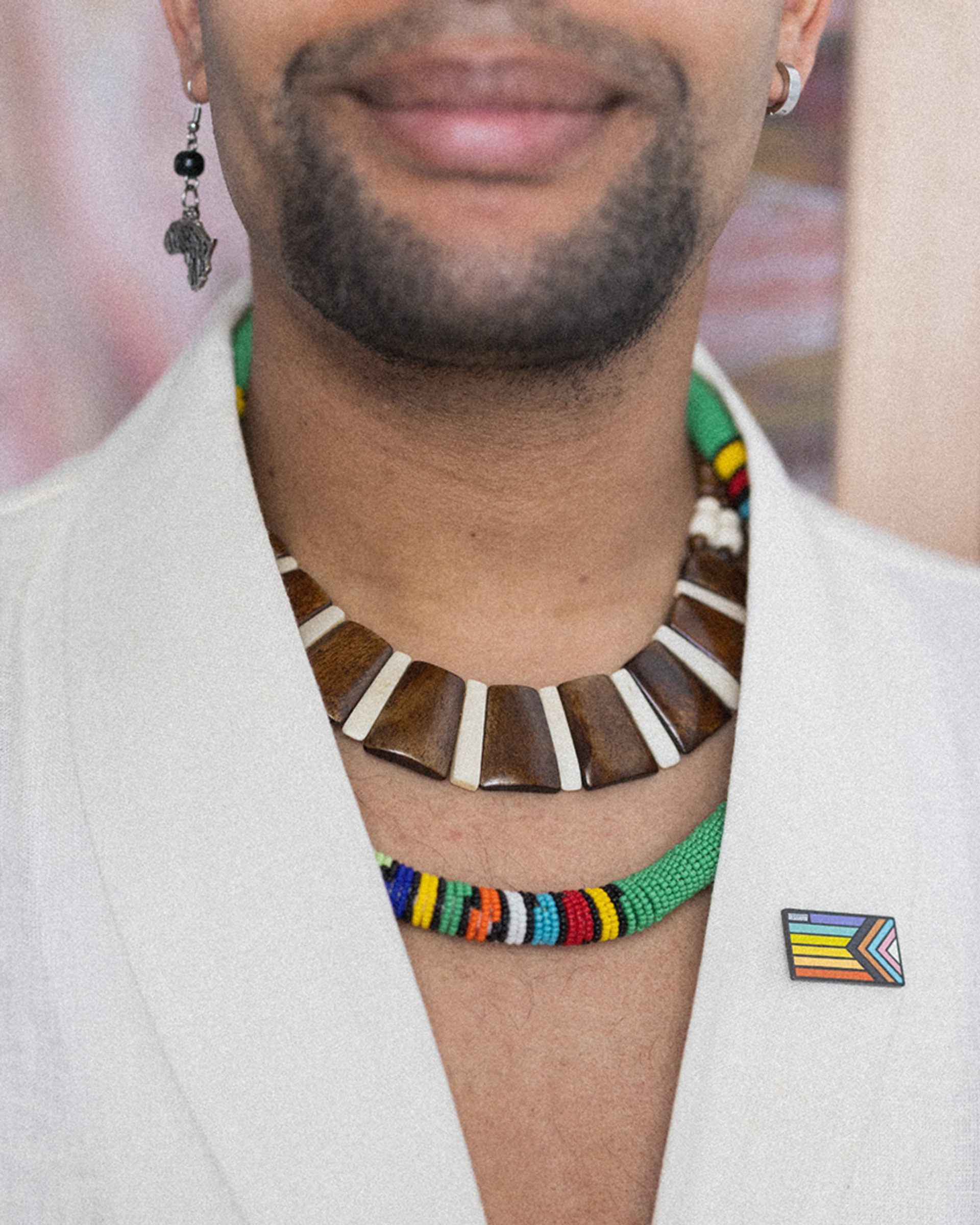
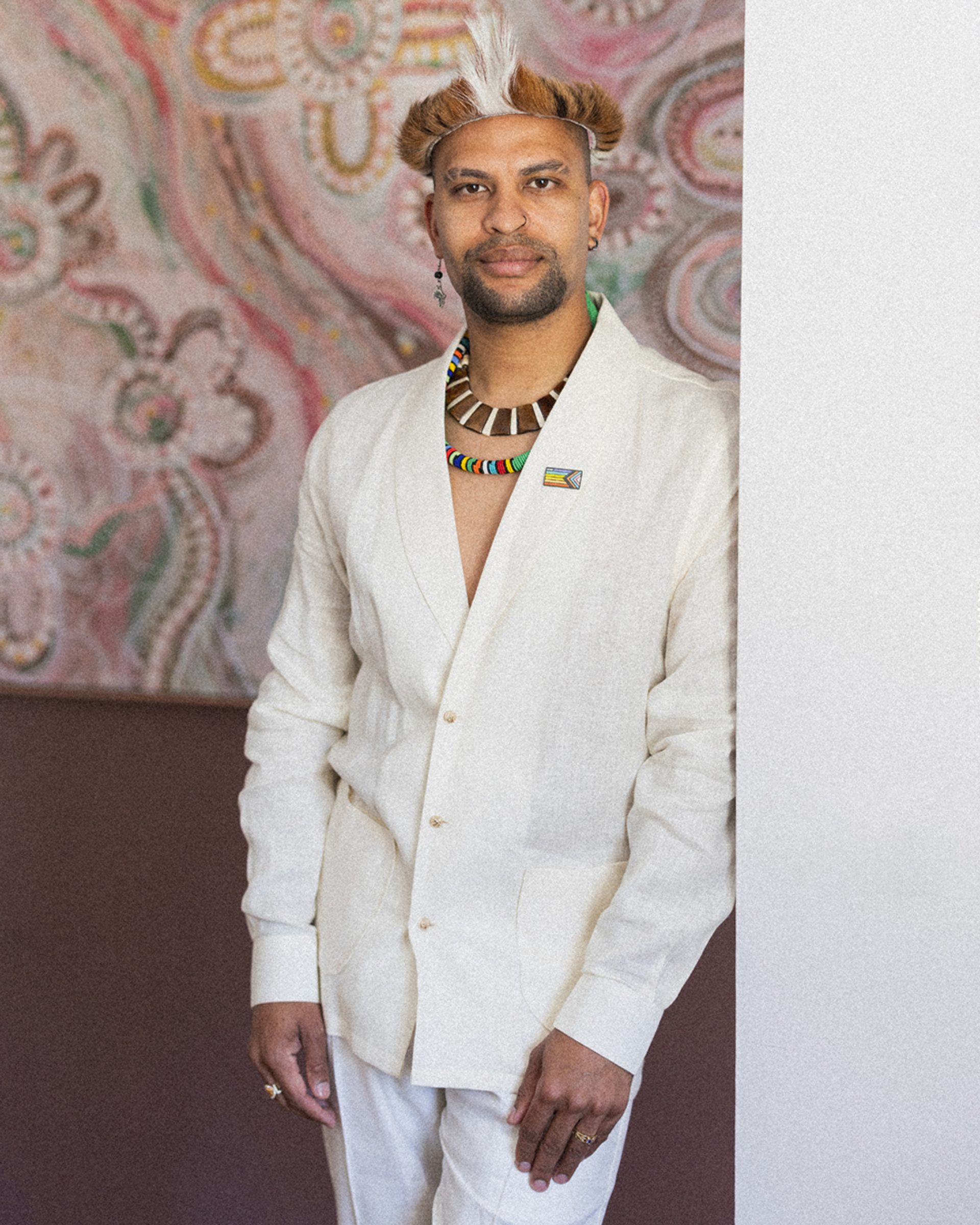
Born in Gqberha, South Africa, Traidy’s early life traversed the challenges of poverty, homophobia in his evangelical community and the long shadow of his mother’s mental health battles.
‘My childhood wasn’t pretty. Mum had severe depression. Dad was an alcoholic and abusive. My grandfather was murdered in my aunt’s home,’ Traidy shares over ice cream sitting in Penrith Westfield’s food court.

